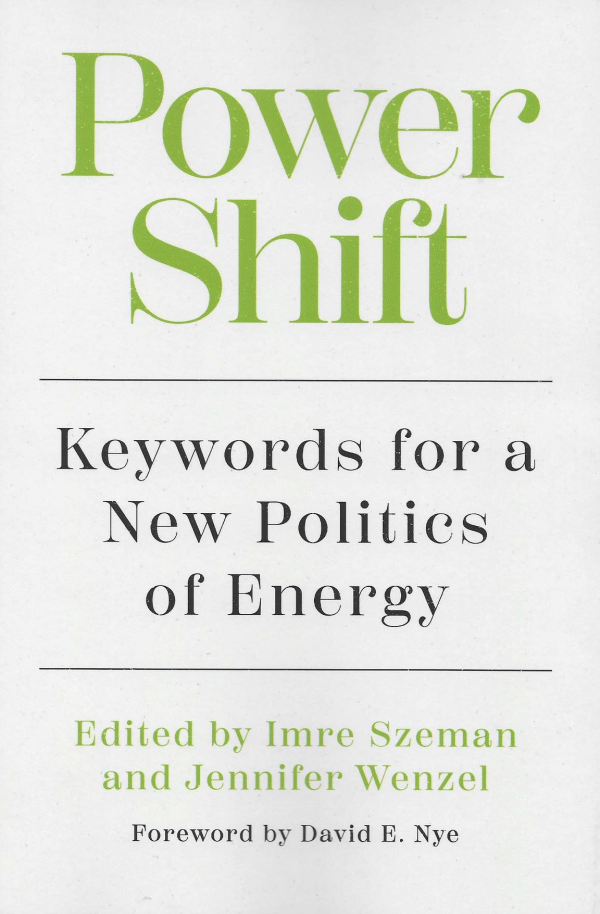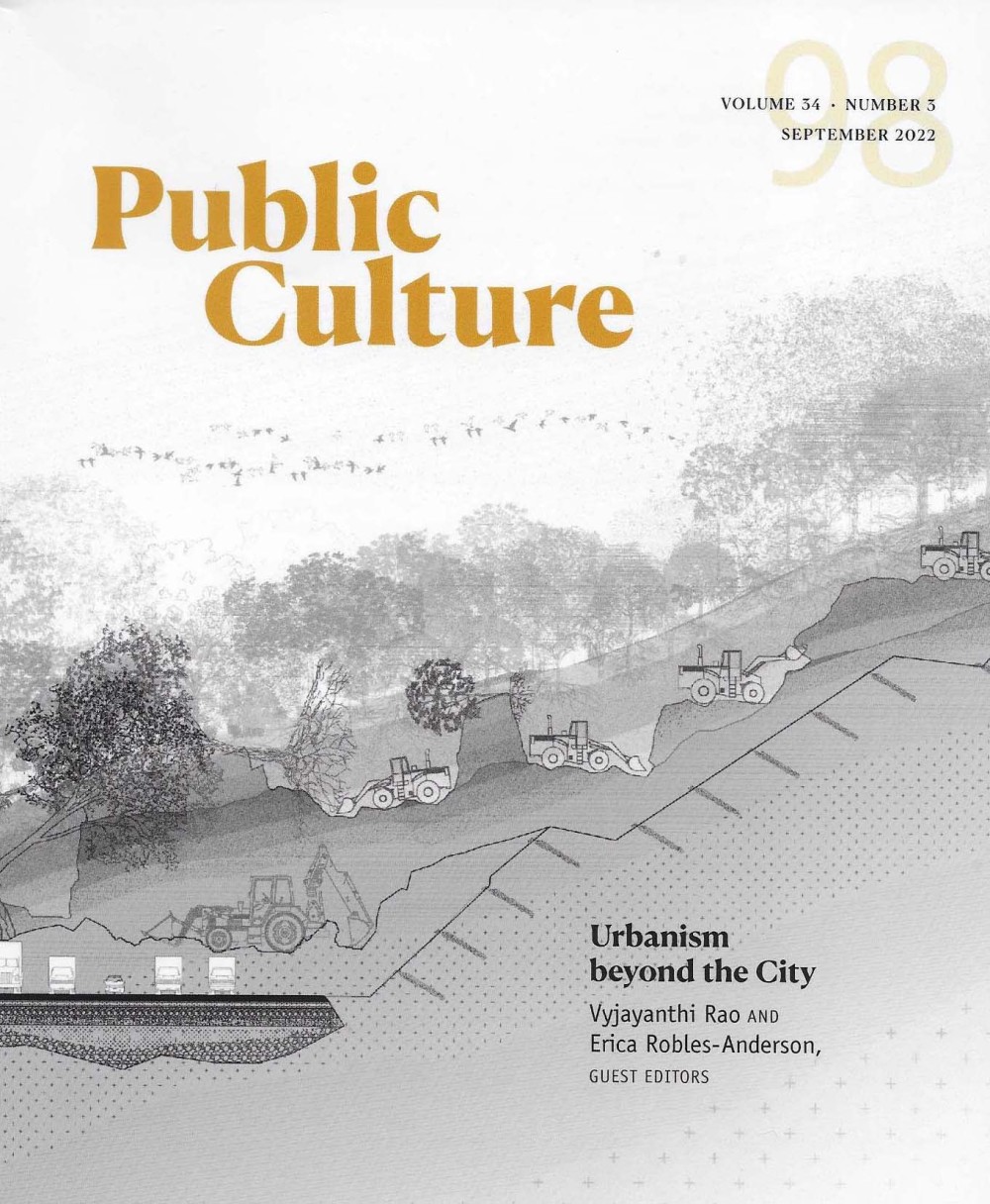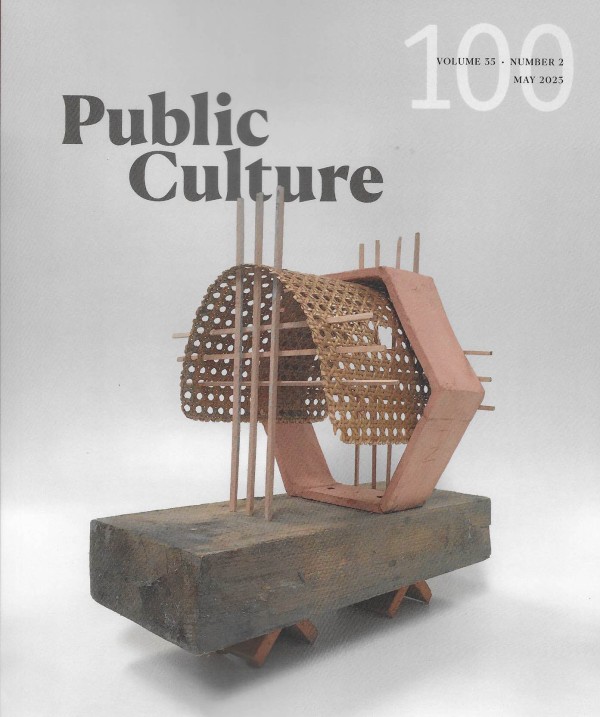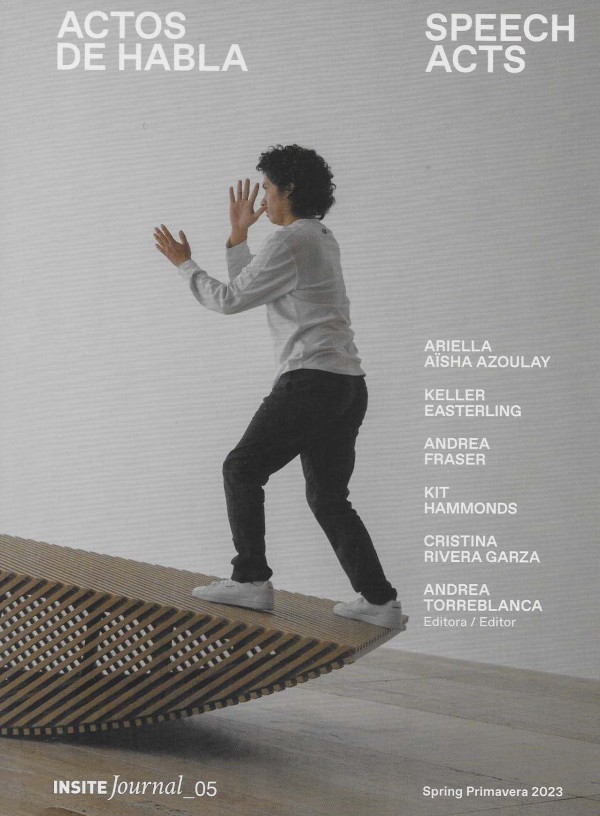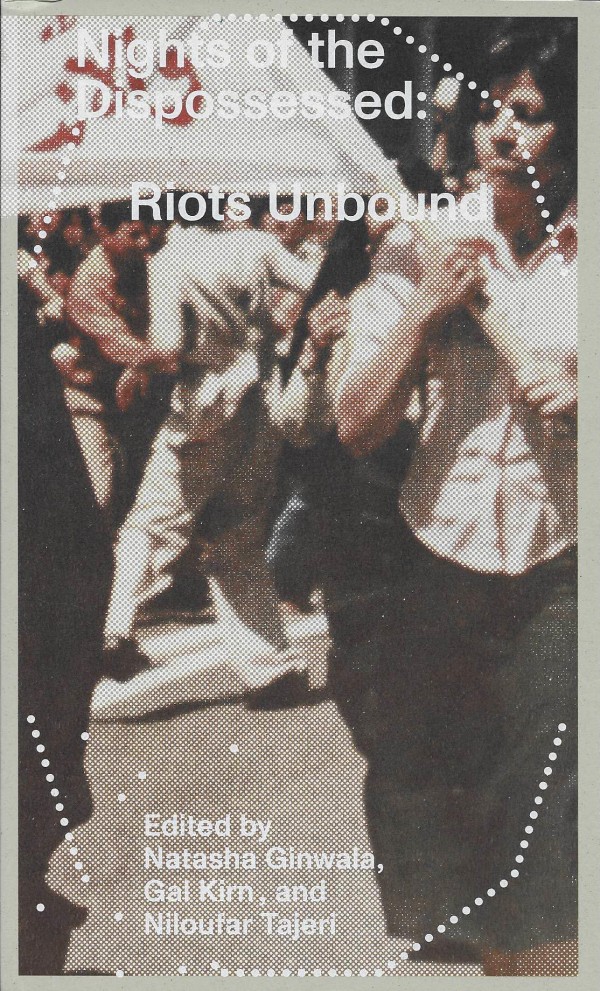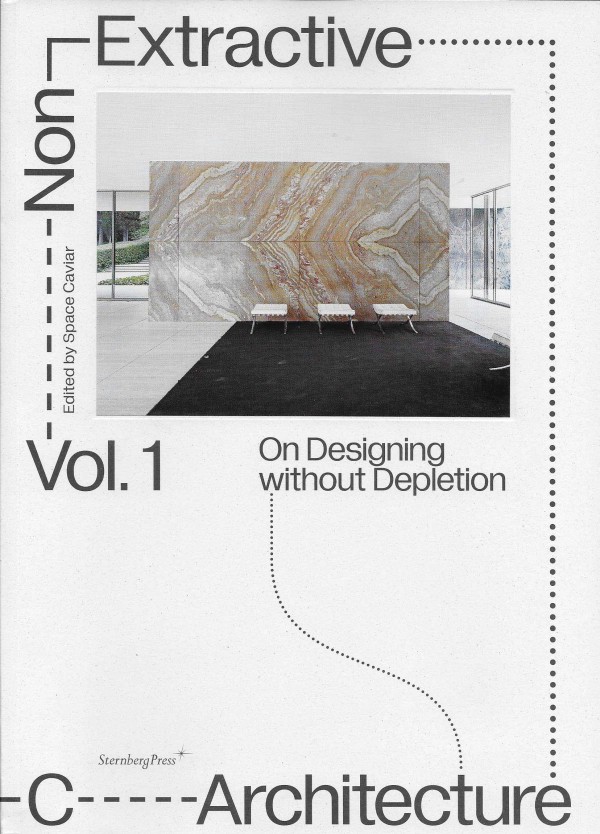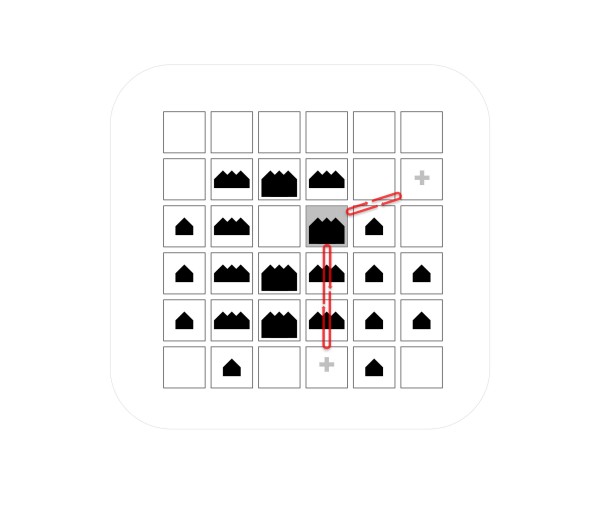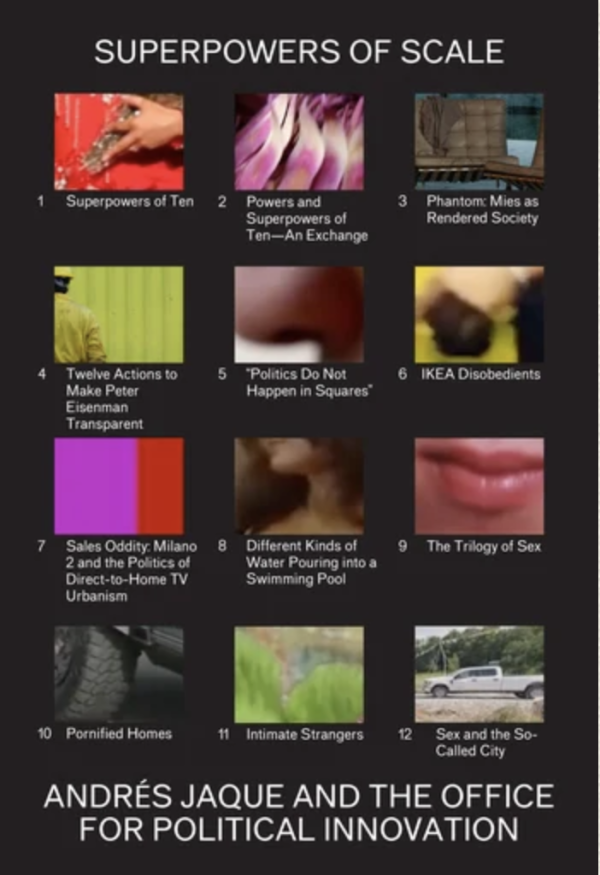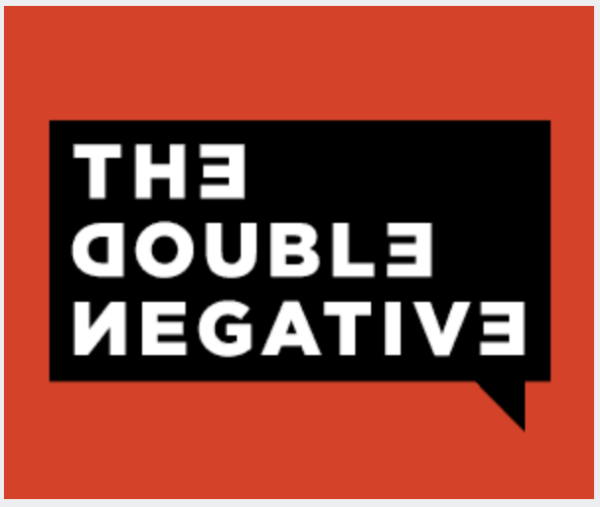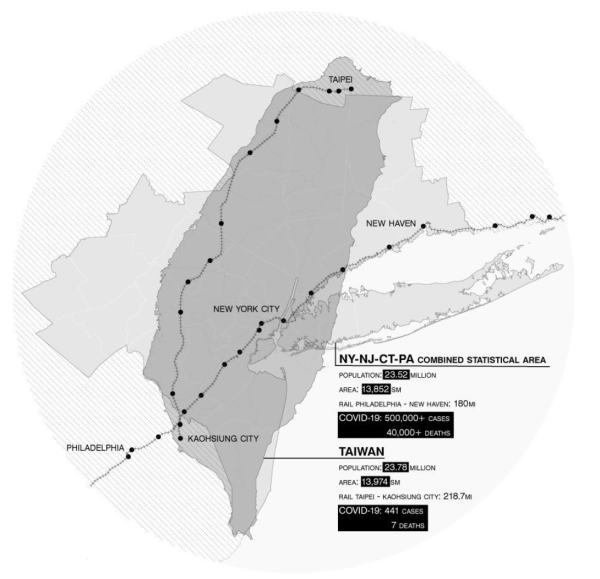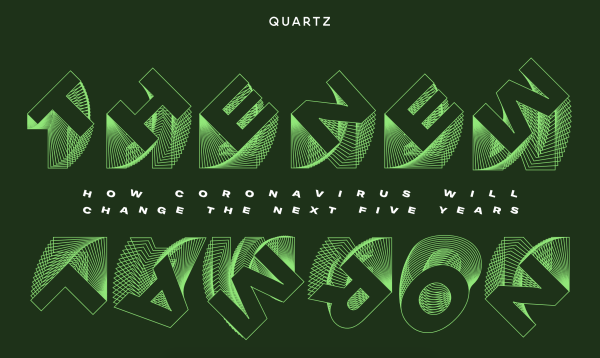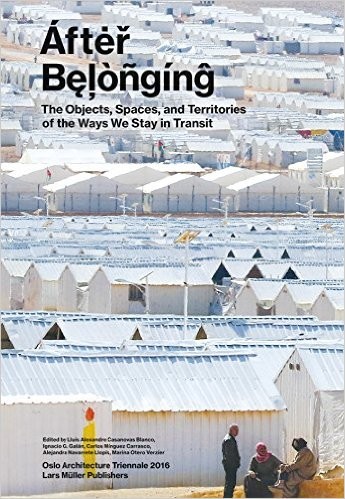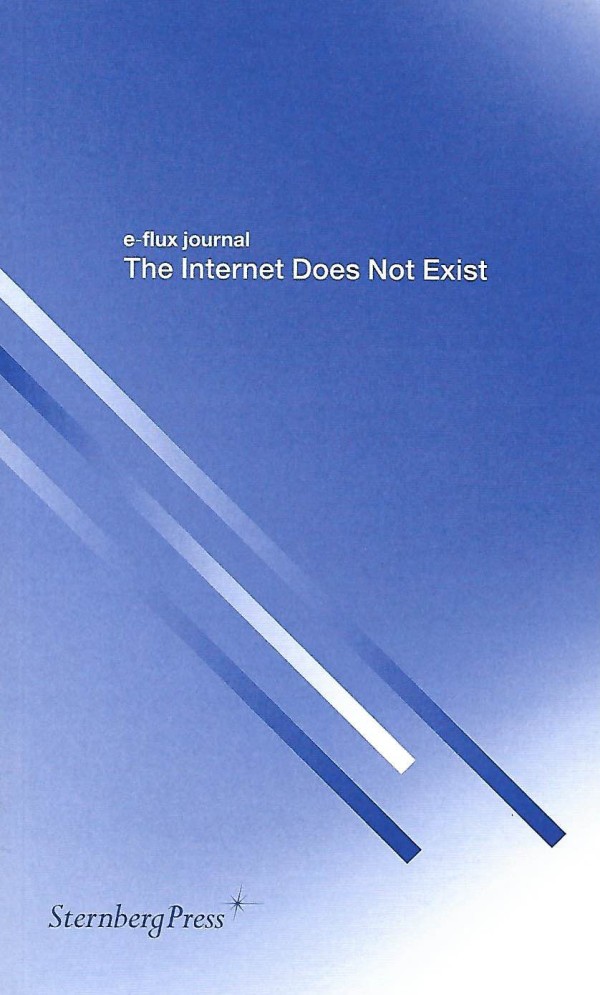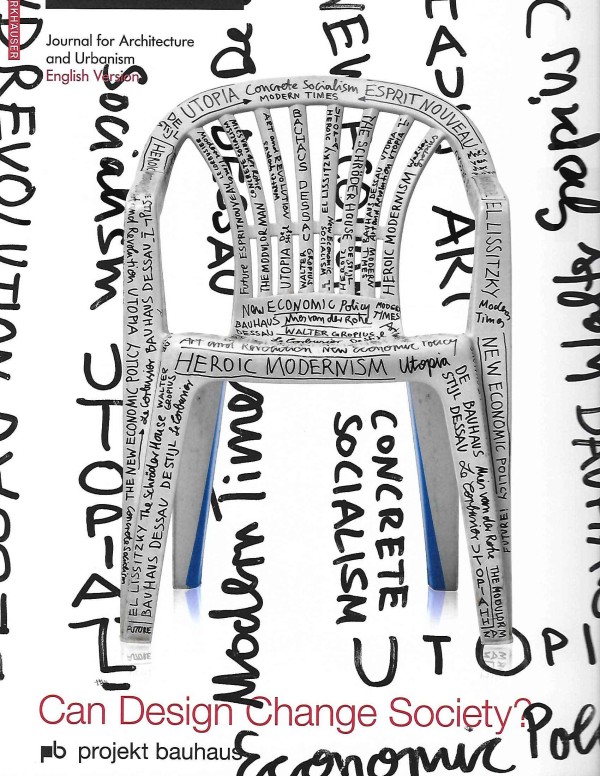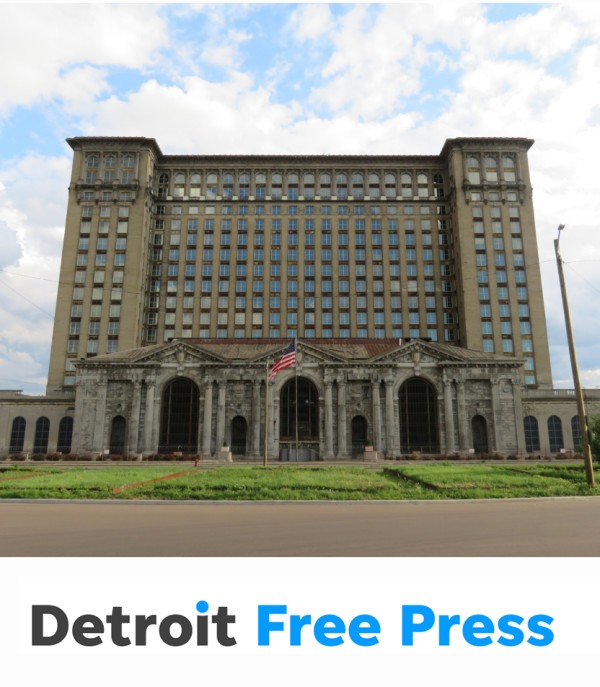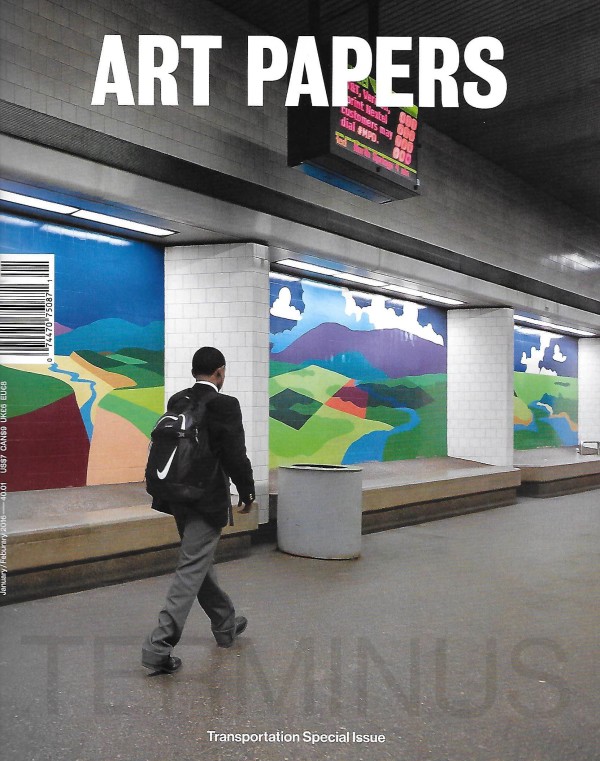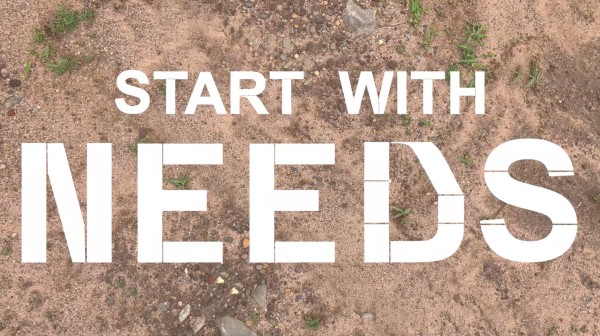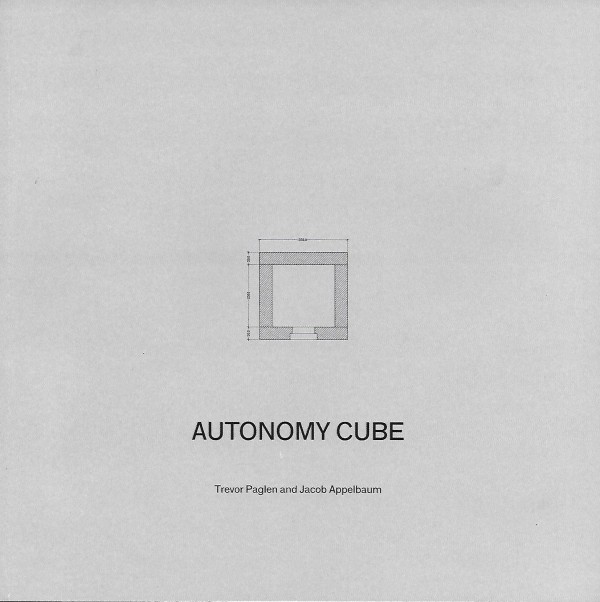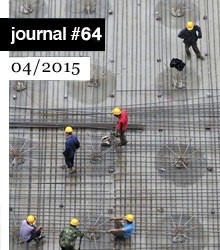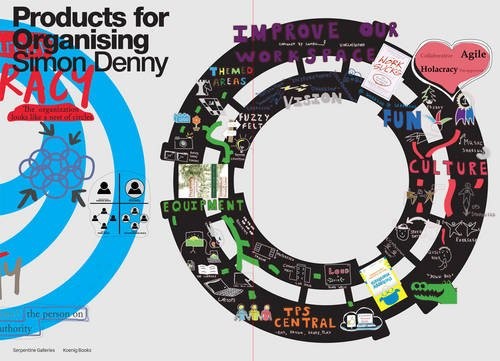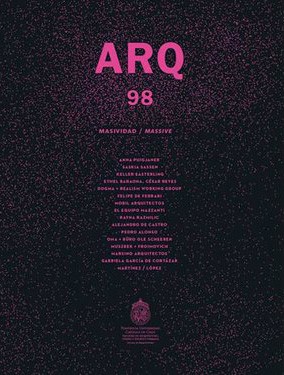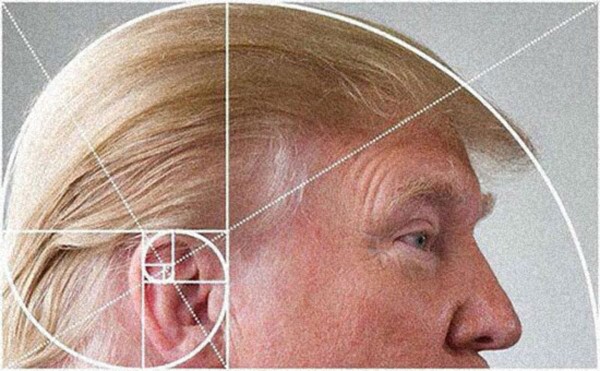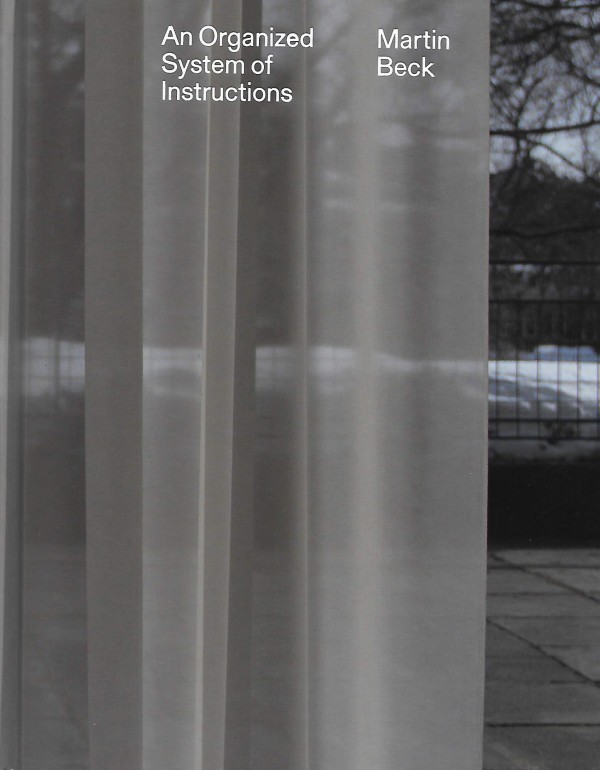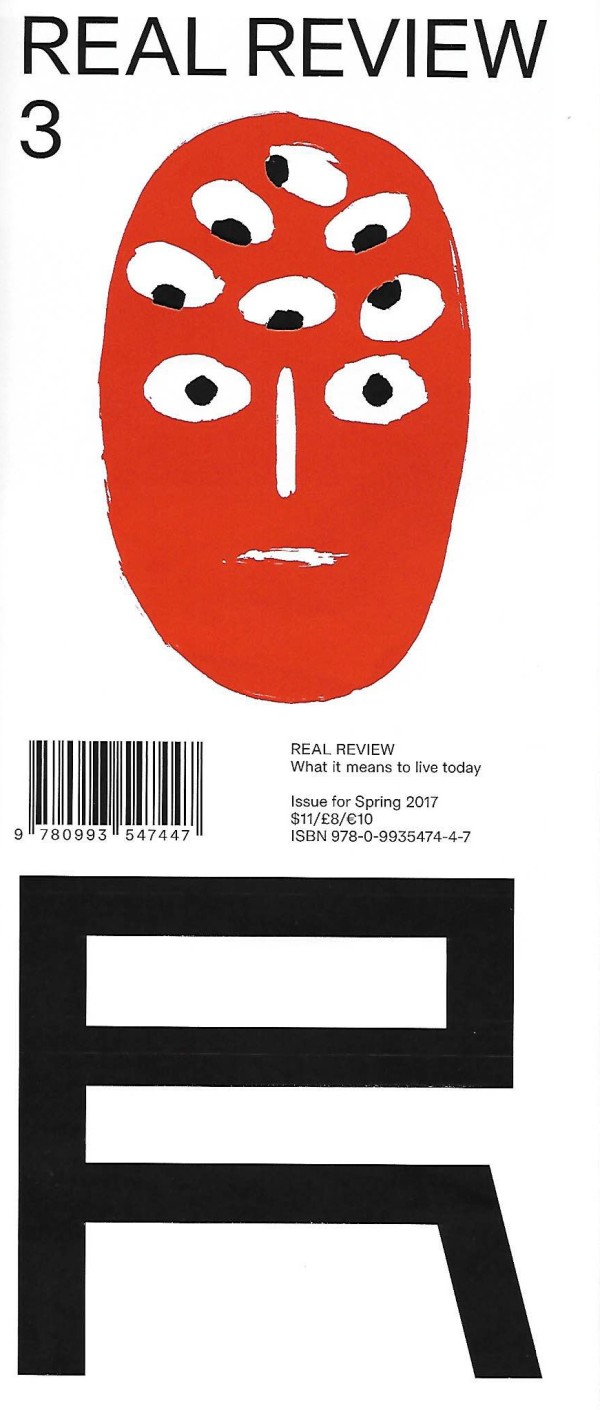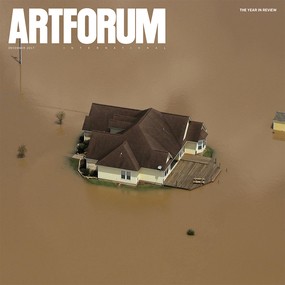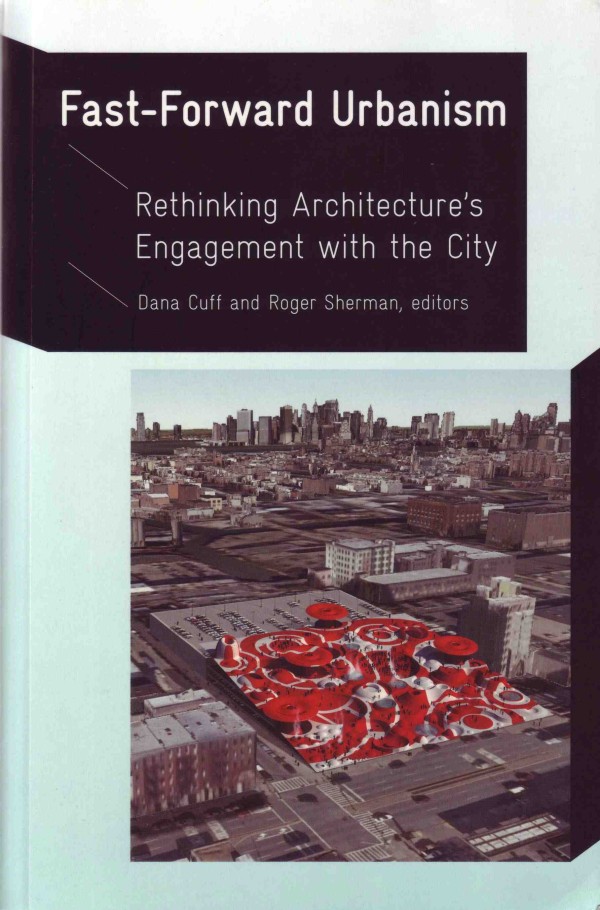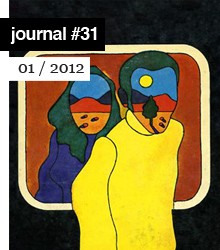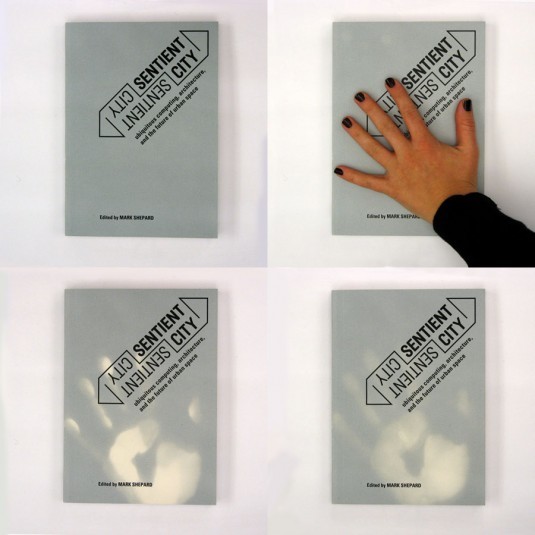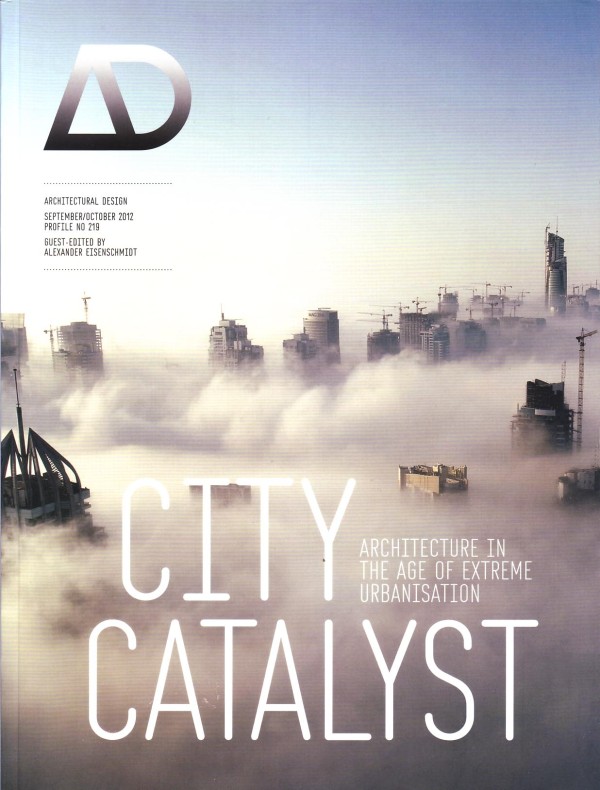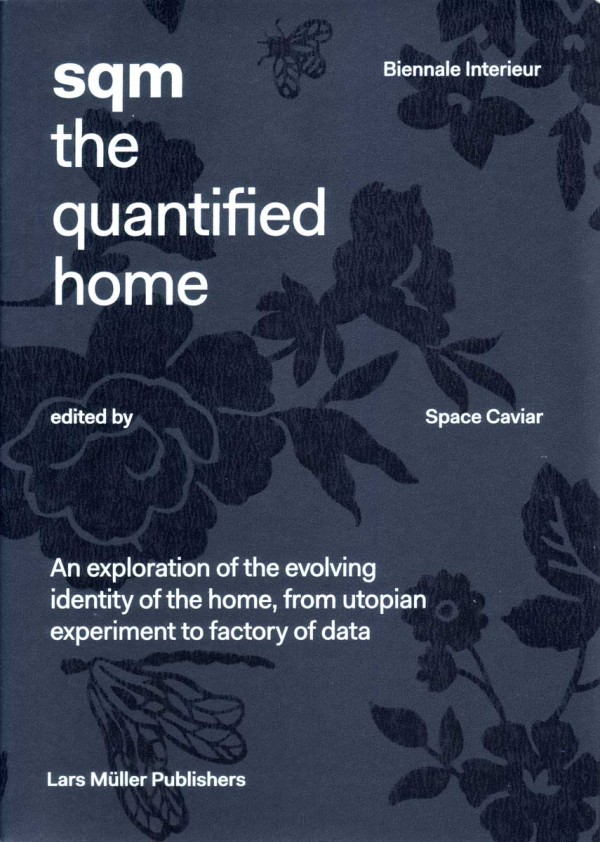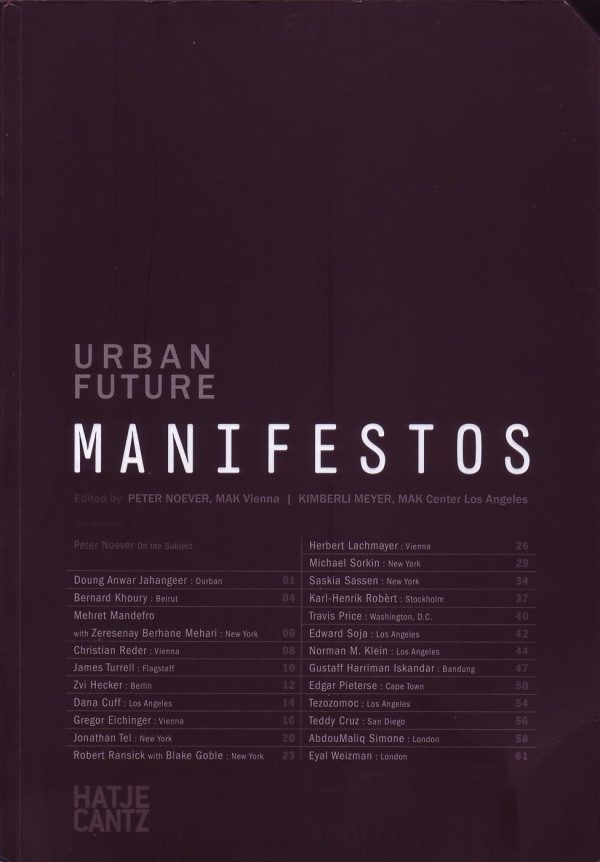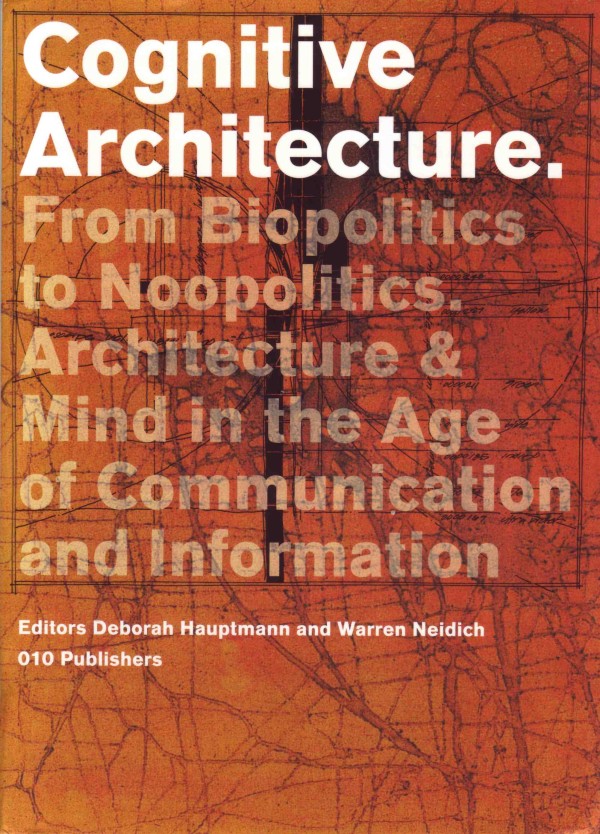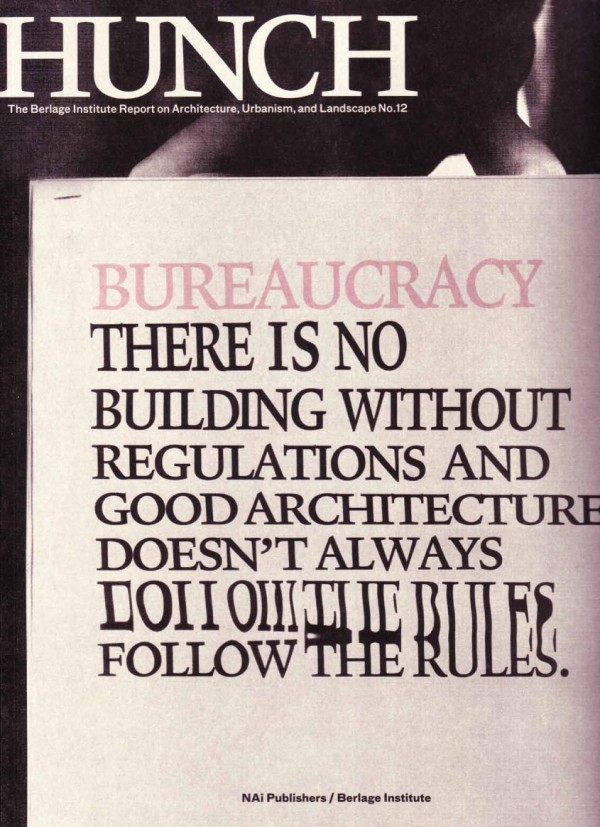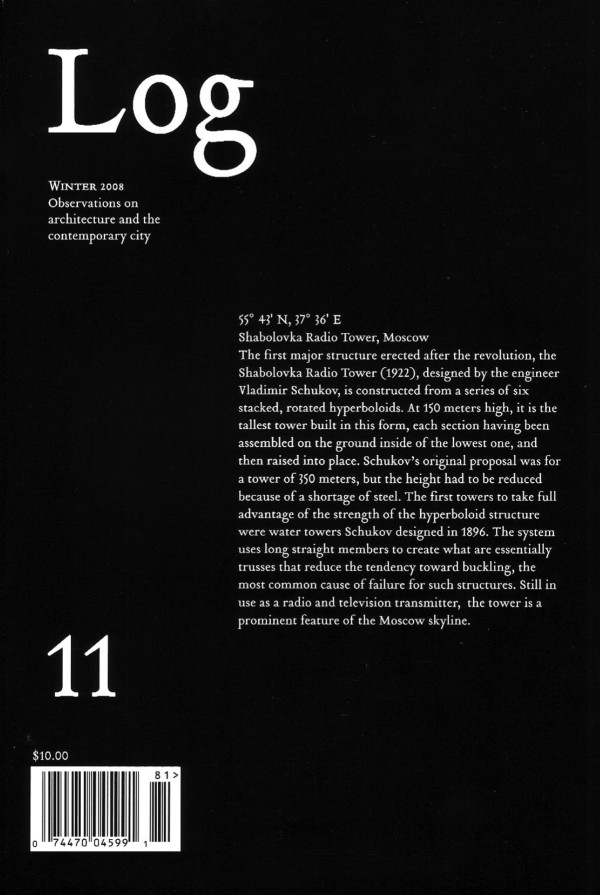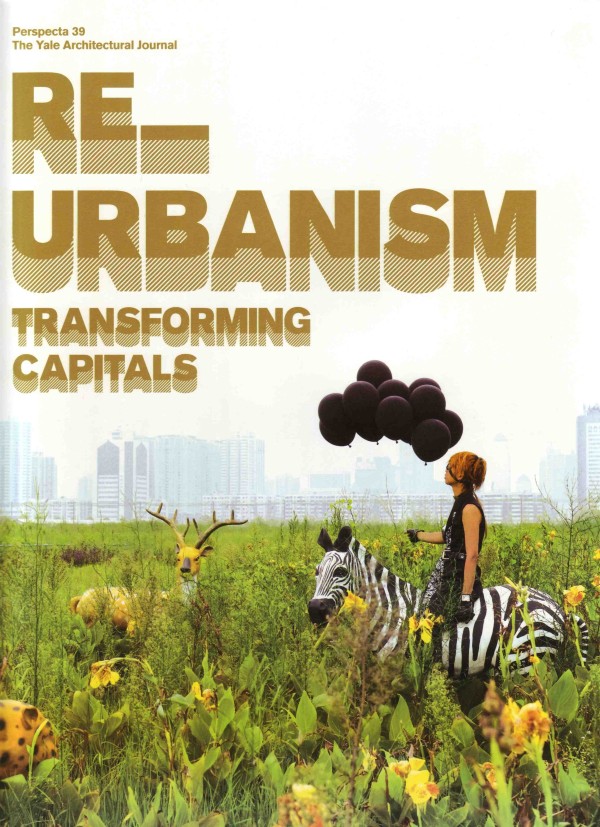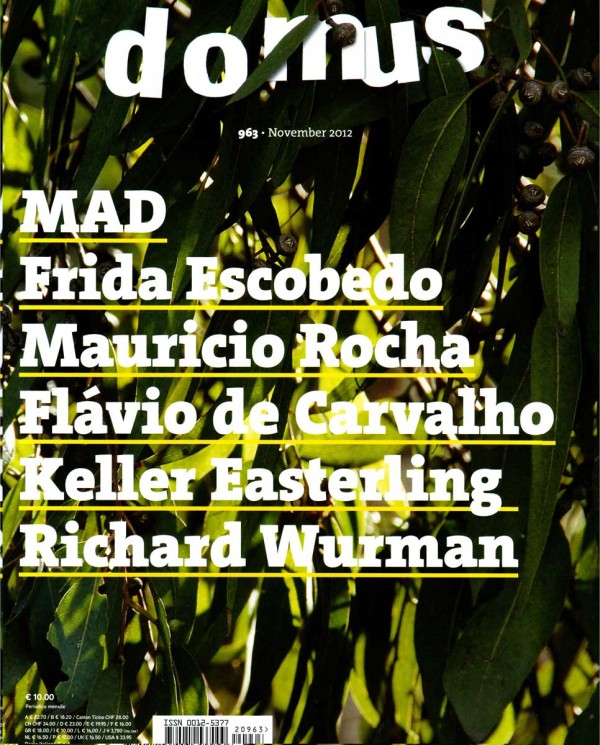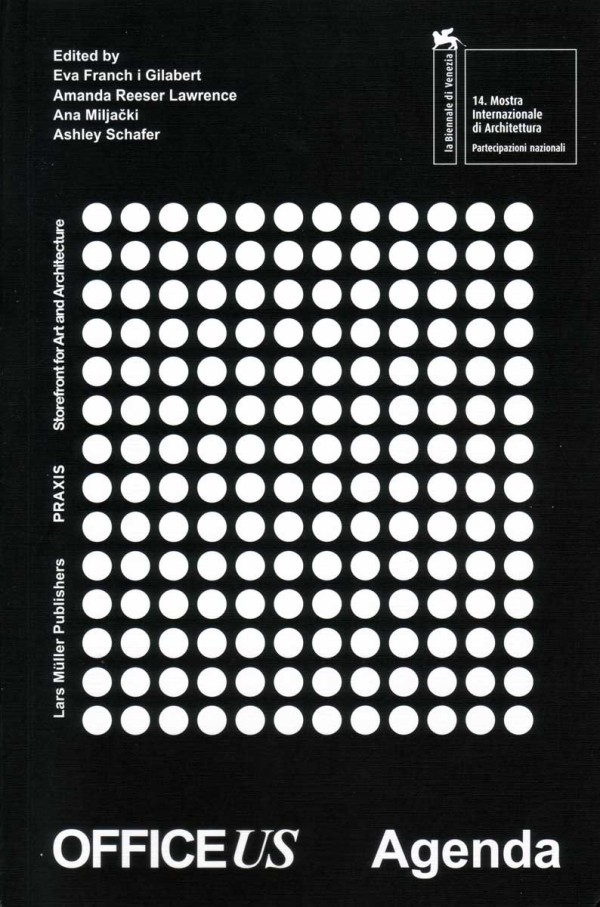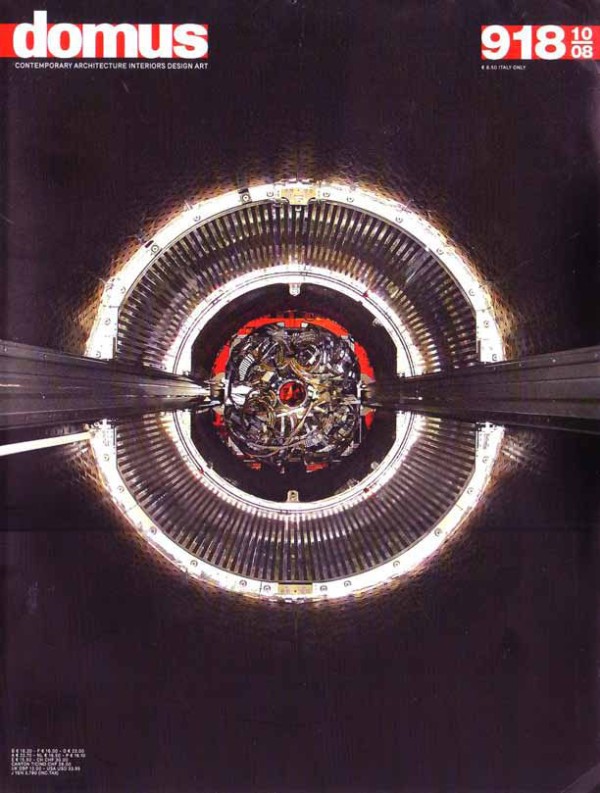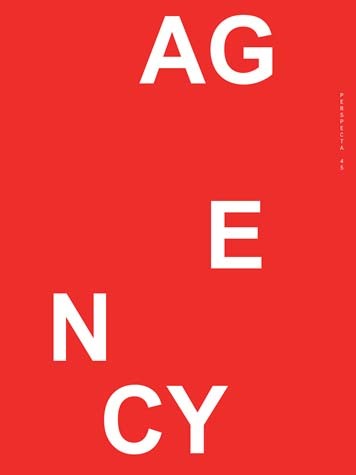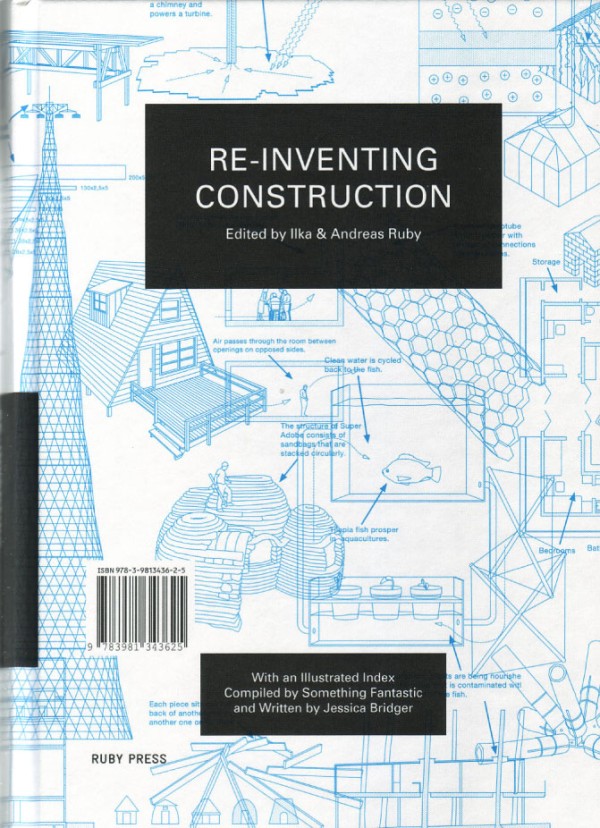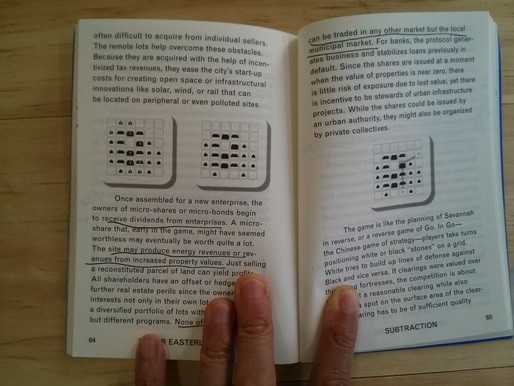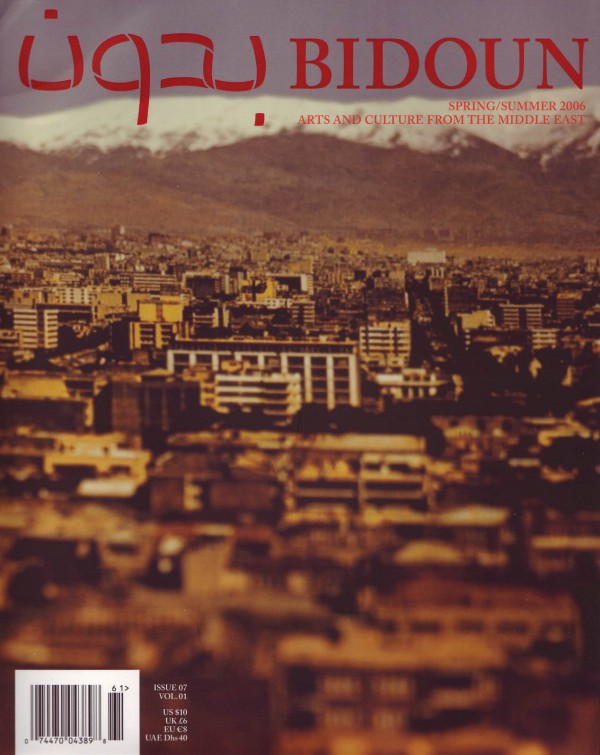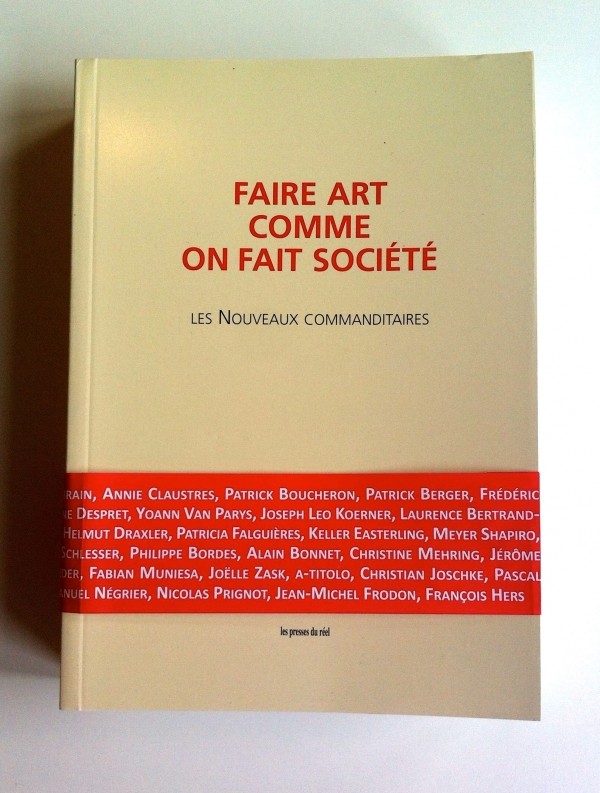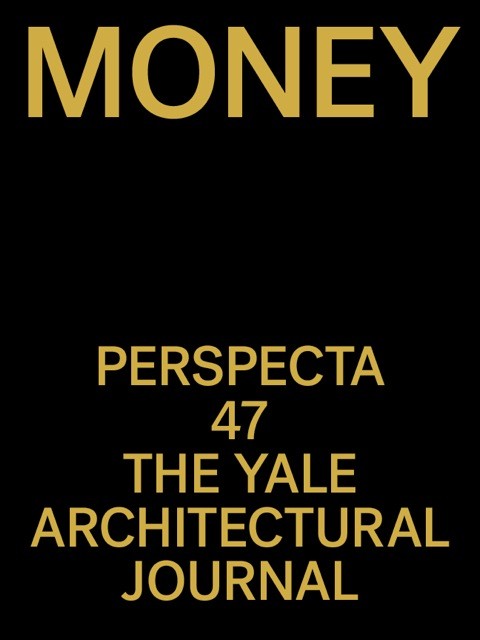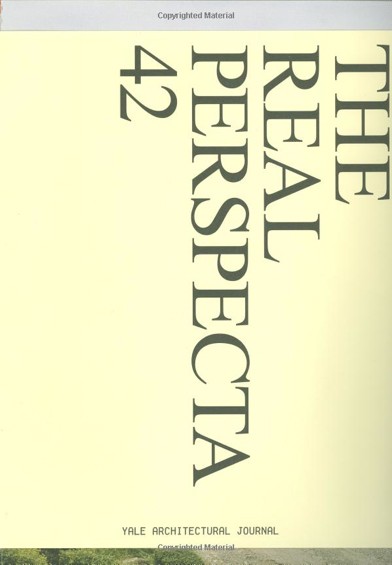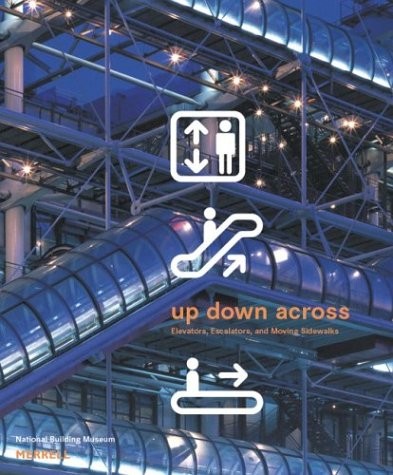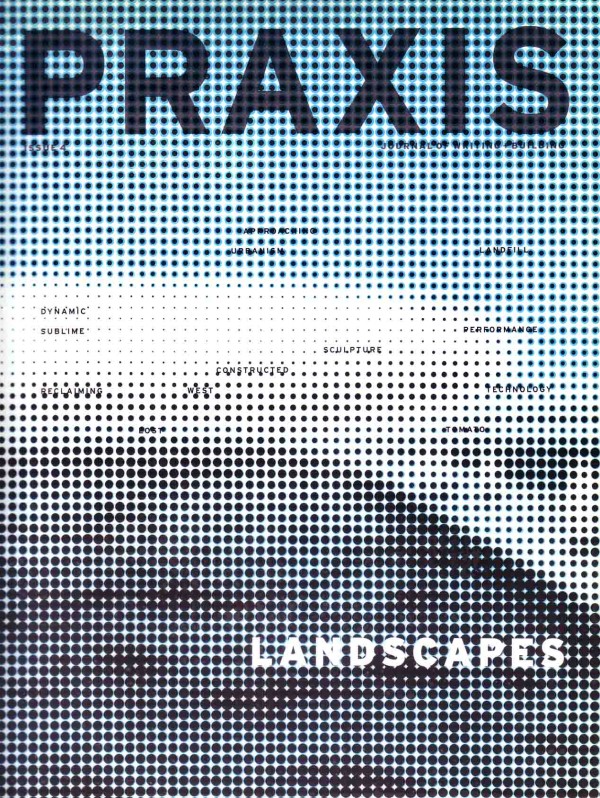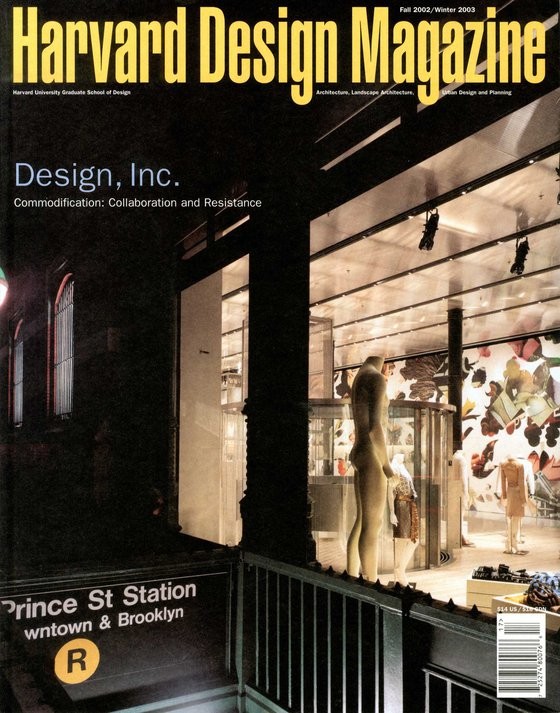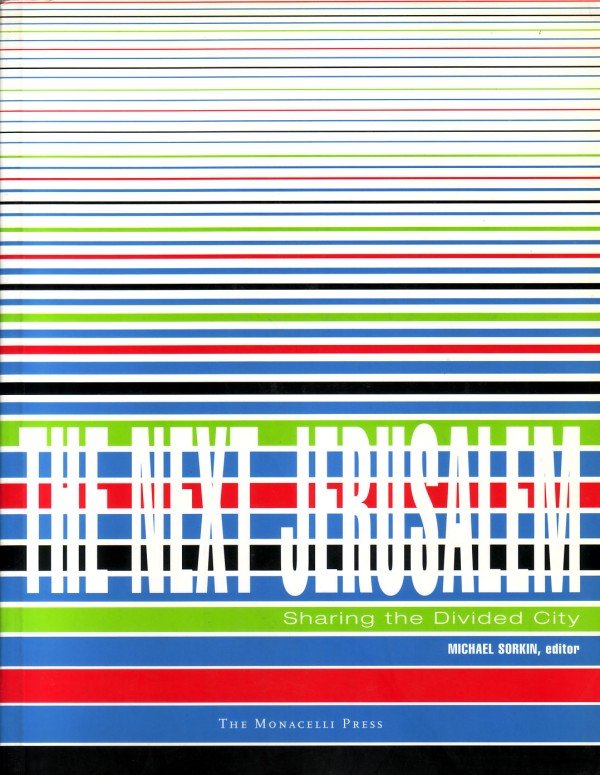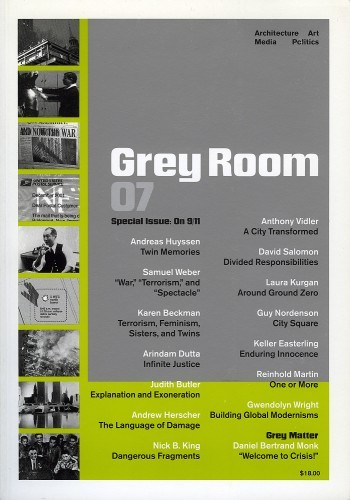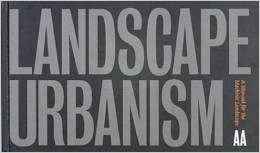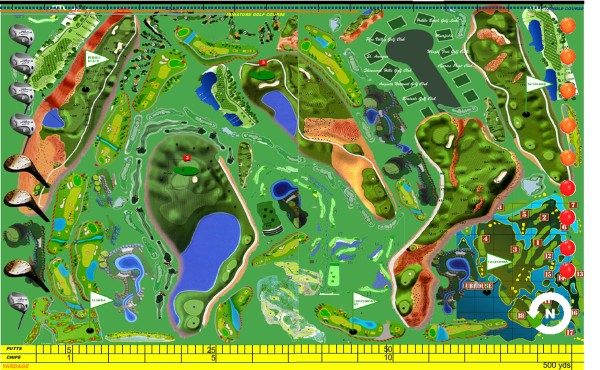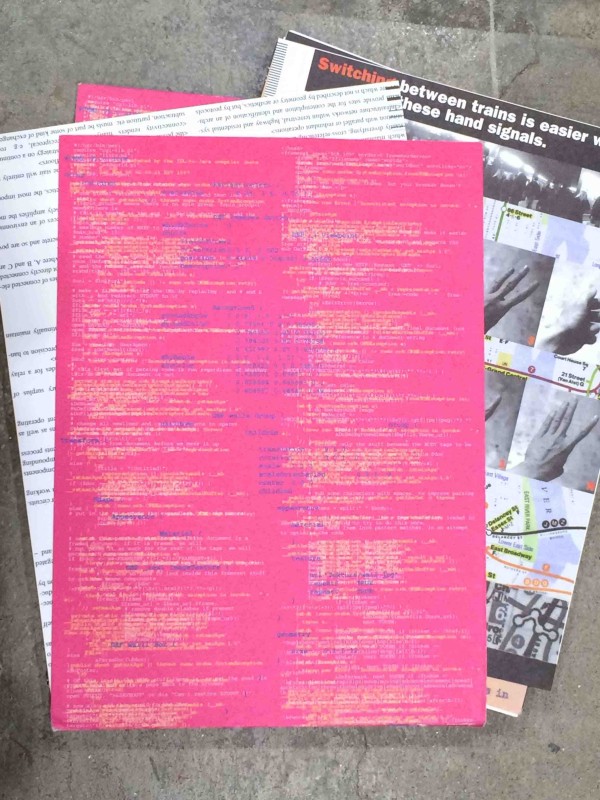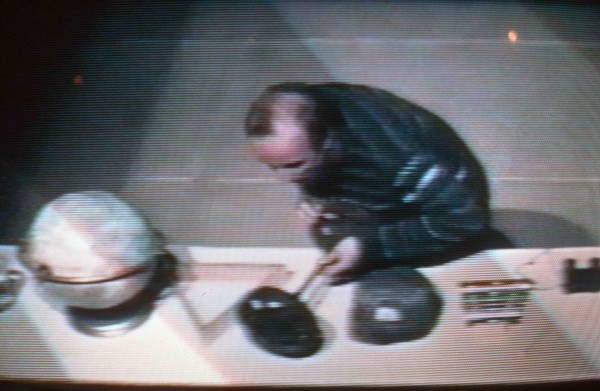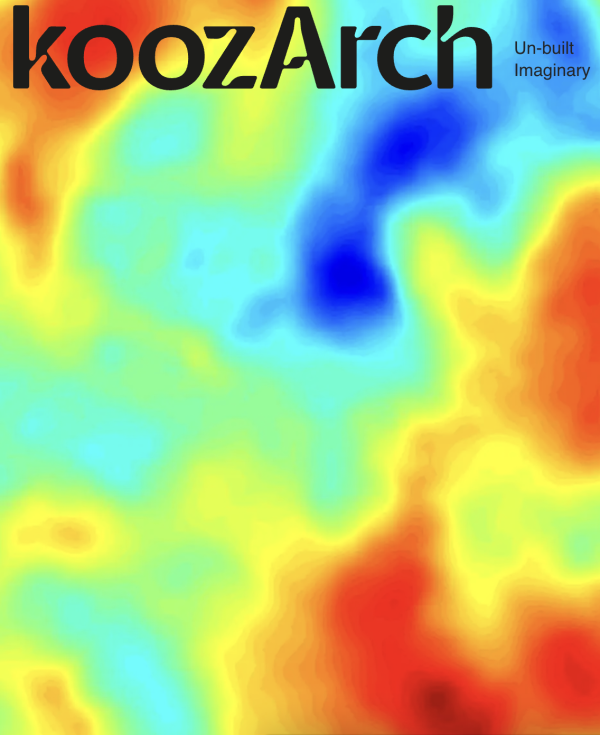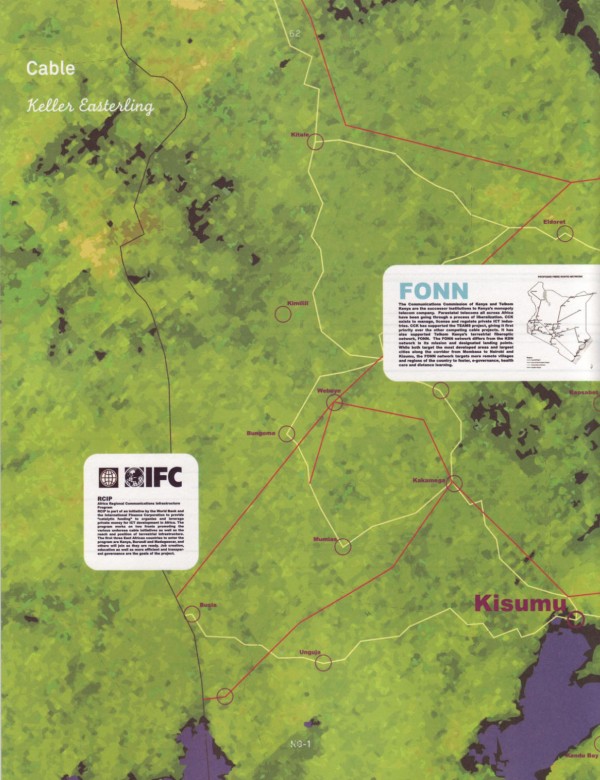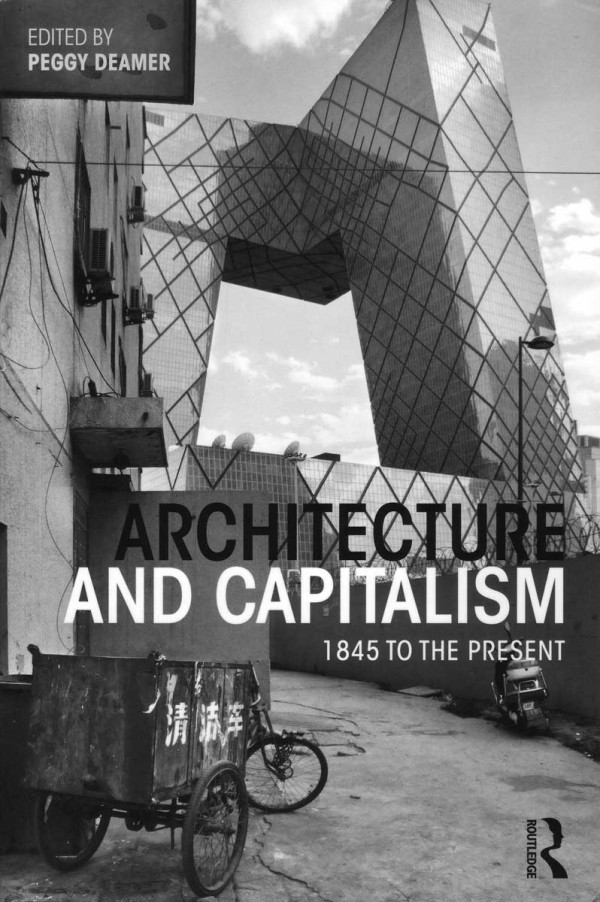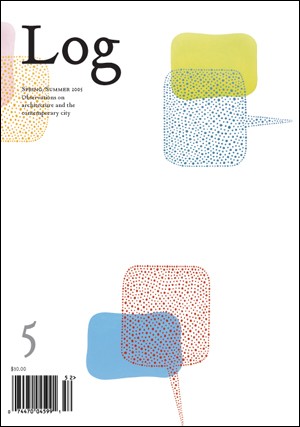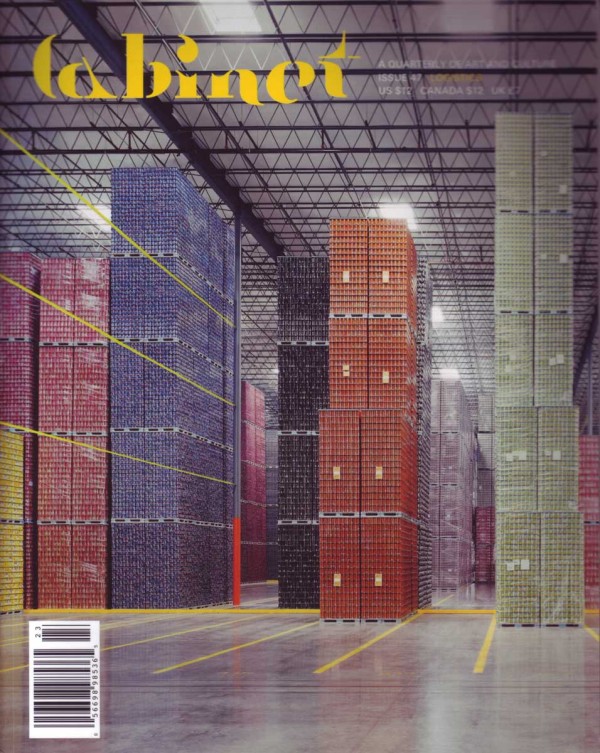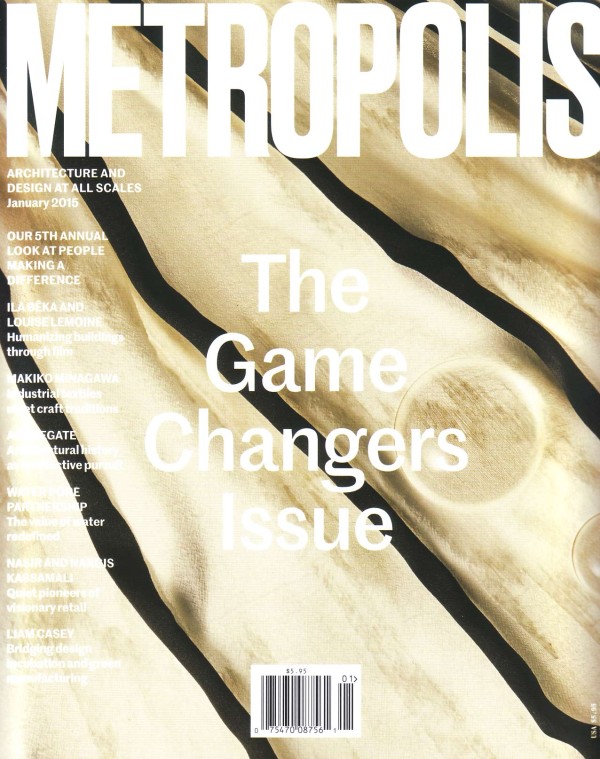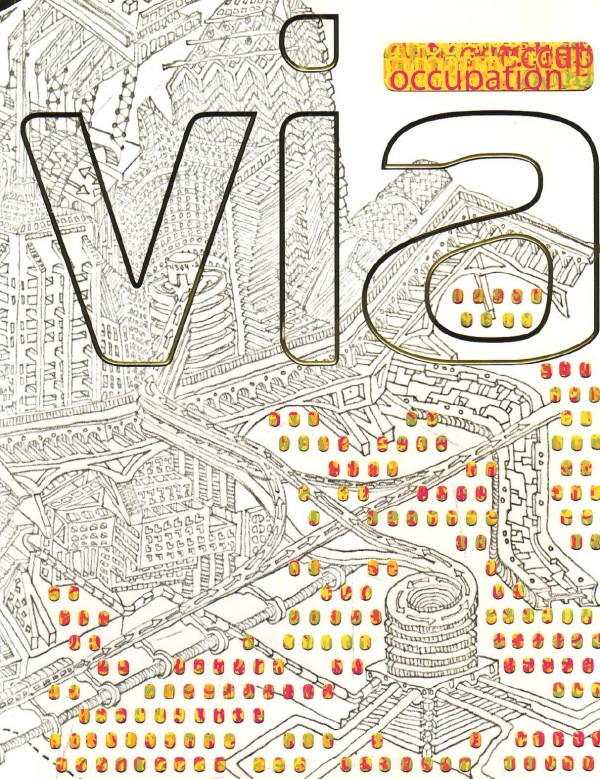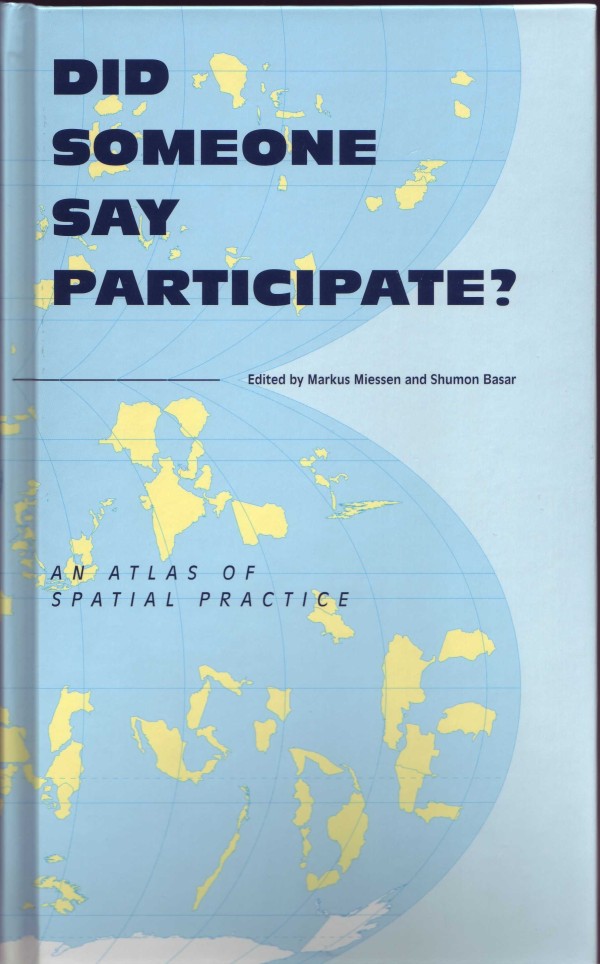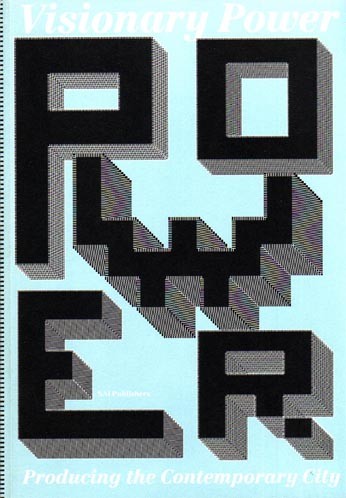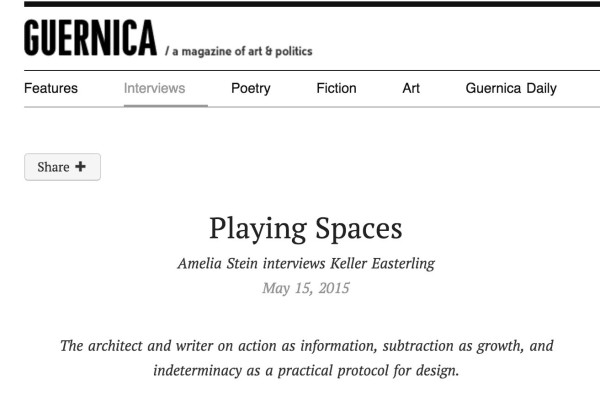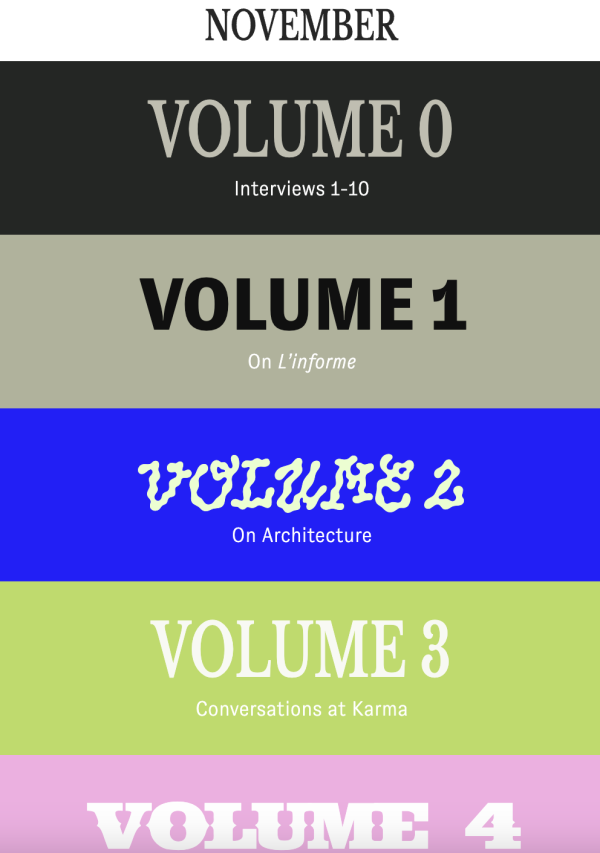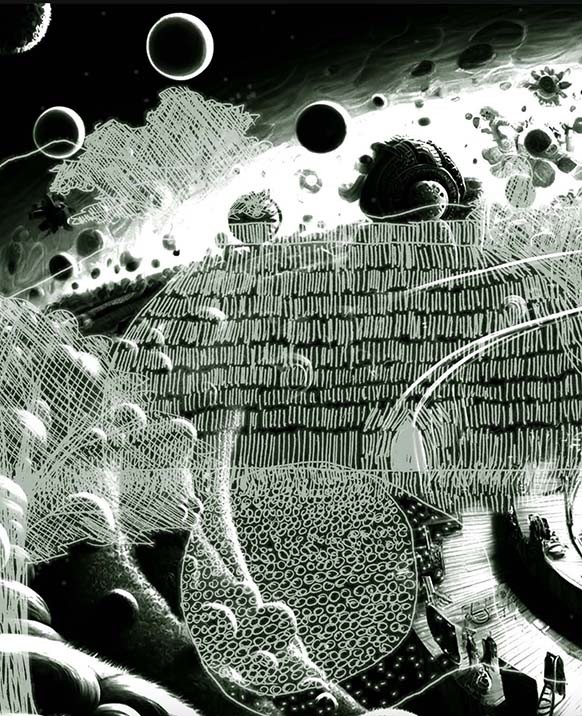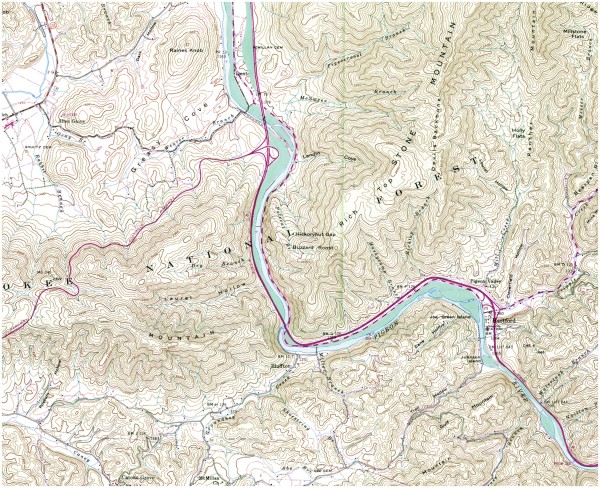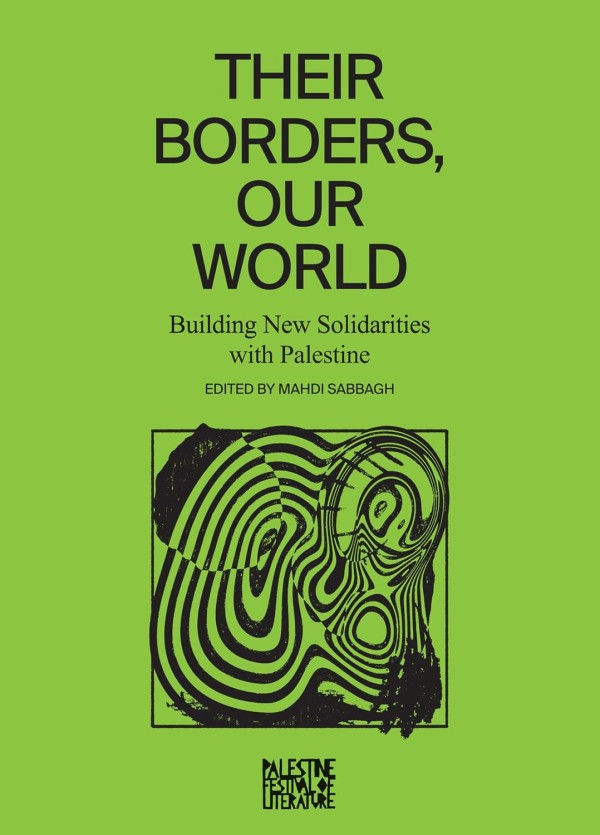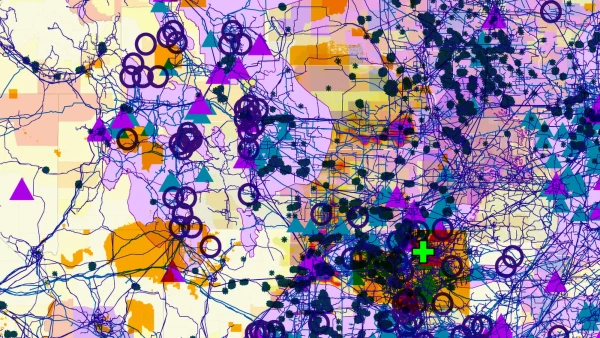Other than "the city"
Public Culture Vol. 34, No. 3, September 2022 — September 1, 2022
In this breathtaking moment, those who have been heir to most of the harm have been offering both the most incisive critiques and the most potent antidotes, and they are often speaking a spatial language that inhabits the urban stage. Communities that rely on presence, proximity, and entanglement have special powers to provide some relief from or reparations for the environmental violence of dispossession, gentrification, policing, and climate catastrophes. And as communities consider collective forms for occupying land, they are also a reality check to the folly and hubris that humans can own the crust of the earth.
...The spatial apparatus of community is not something that necessarily replaces capital with a superior system, thus reproducing the same old longing for singular evils and singular solutions. Instead it comes from a different dimension to overwhelm capital with its own multiple forms of productivity. Releasing the incalculable productivity of organizations that are alive, communities redouble values of all kinds. Capital is so stupid. It thinks that productivity cannot exist without sneaky financial instruments that artificially create compounding values for a few. But community economies make something out of exchanges that benefit everyone—like one seed or tuber that, when planted, produces ten. It is not magic. It just makes no logical sense to a world made of math. The misinvestments of capital have often only been in the business of obstructing this productivity in ways that usually fail. And they can never adequately address the also incalculable need for reparations.
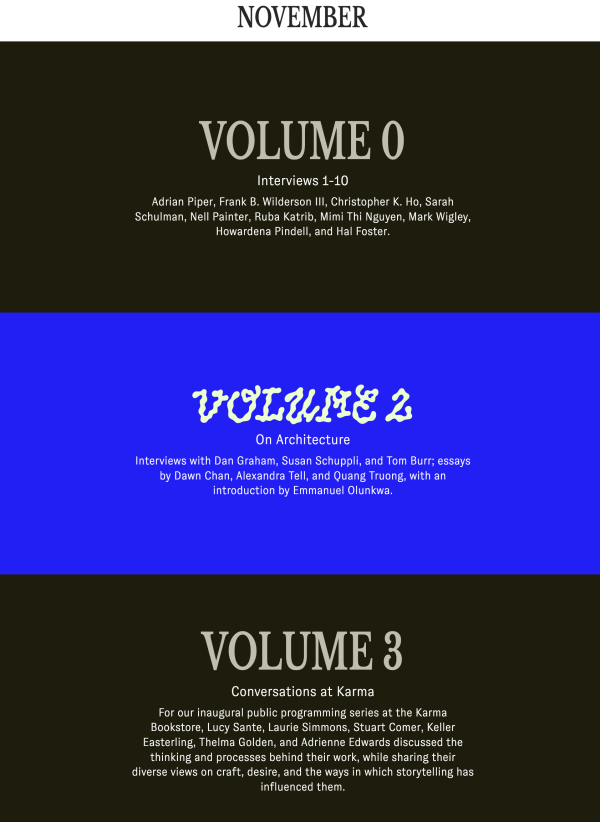
November: conversation at Karma with Emmanuel Olunkwa and Ricky Ruihong Li
November — February 21, 2023
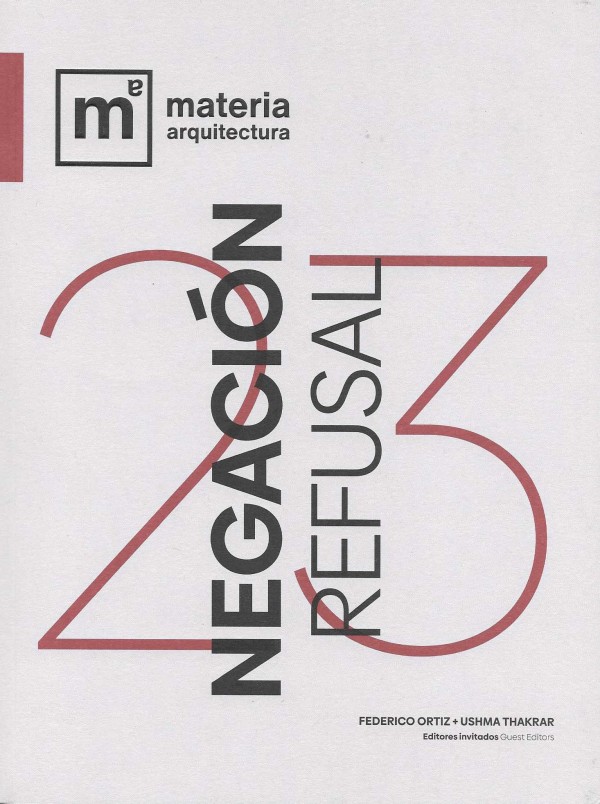
Trabar Sin Soluciones/Working Without Solutions, Interview
Federico Ortiz, Ushma Thakrar, Negacion/Refusal, Escuela de Arquitectura Universidad San Sebastian — December 5, 2022
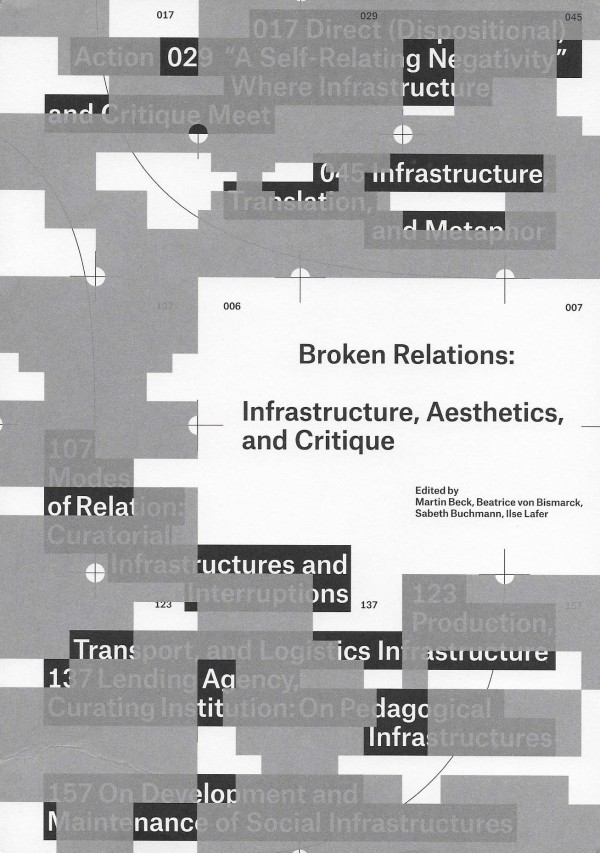
Direct (Dispositional) Action
Martin Beck, Beatrice von Bismarck, and Sabeth Buchmann, Ilse Lafer, eds., Broken Relations: Infastructure, Aesthetics, and Critique (Spector Books). — November 1, 2022
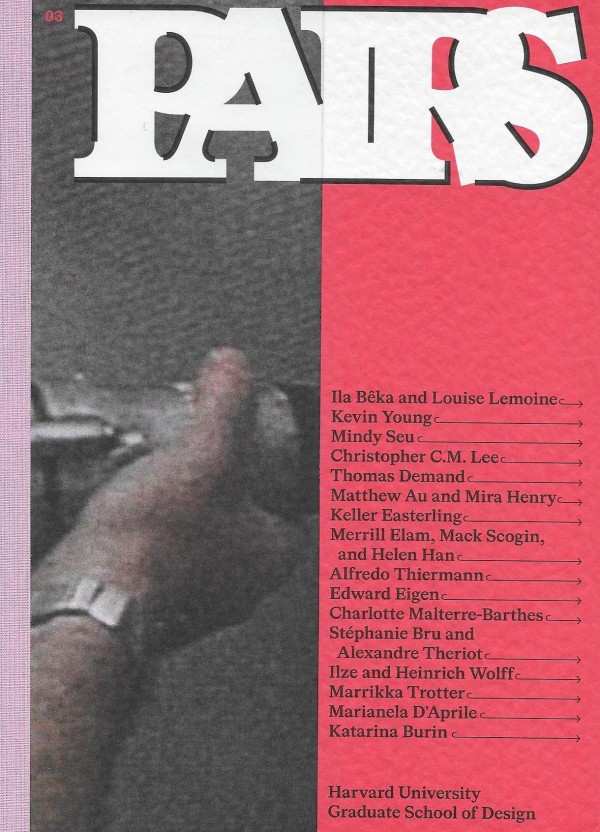
Levittowns: Dialogue with Kenismael Santiago-Pagan
Pairs — June 29, 2022

Non-Growing: Translation Subtraction, Interview Medium Design
Ehituskunst #61/62, Estonia — July 1, 2022
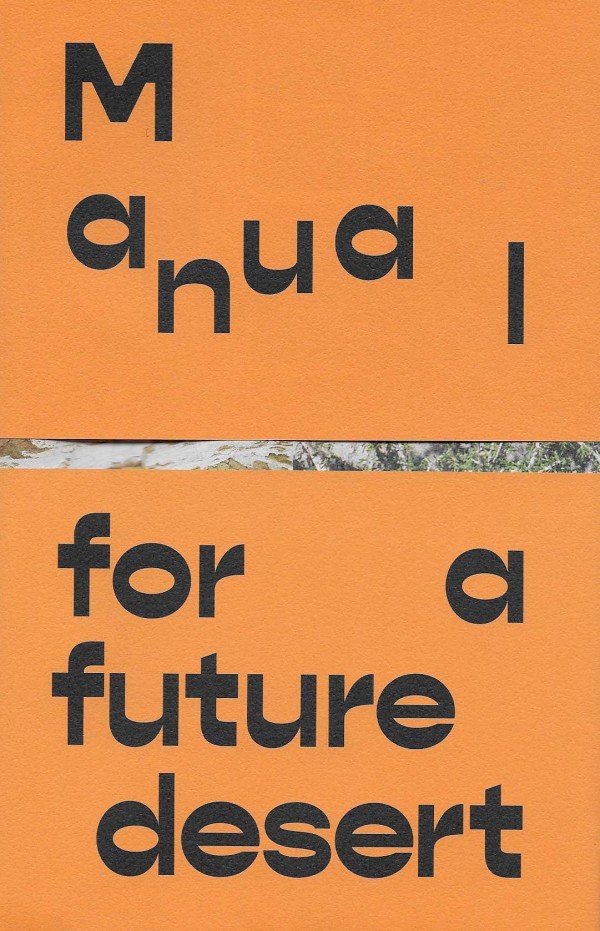
El Ejido
Ida Soulard, Abinadi Meza, and Bassam El Baroni, eds., Manual for a Future Desert (Milan: Mousse Publishing). — 2021

Expansions Venice Biennale
2021
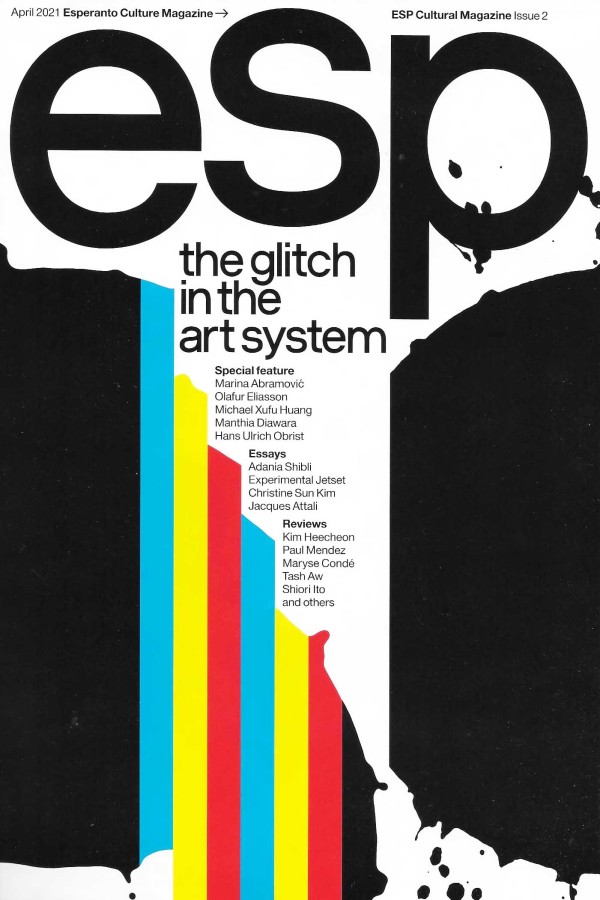
Release 
Esperanto Culture Magazine — April 1, 2021
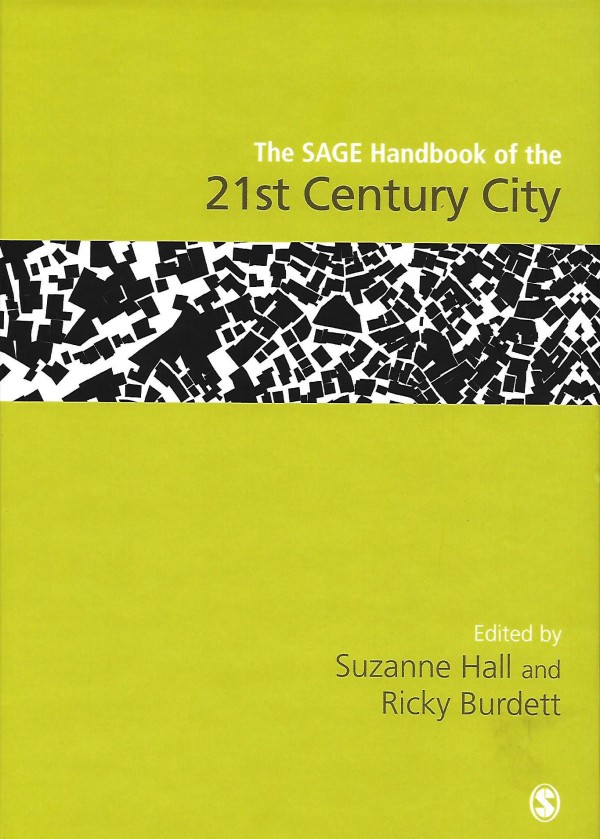
21st Century City
“Designing Infrastructure,” in Suzanne Hall and Ricky Burdett eds., The Sage Handbook of Urban Sociology: New approaches to the twenty-first century city (London: SAGE/LSE). — 2017
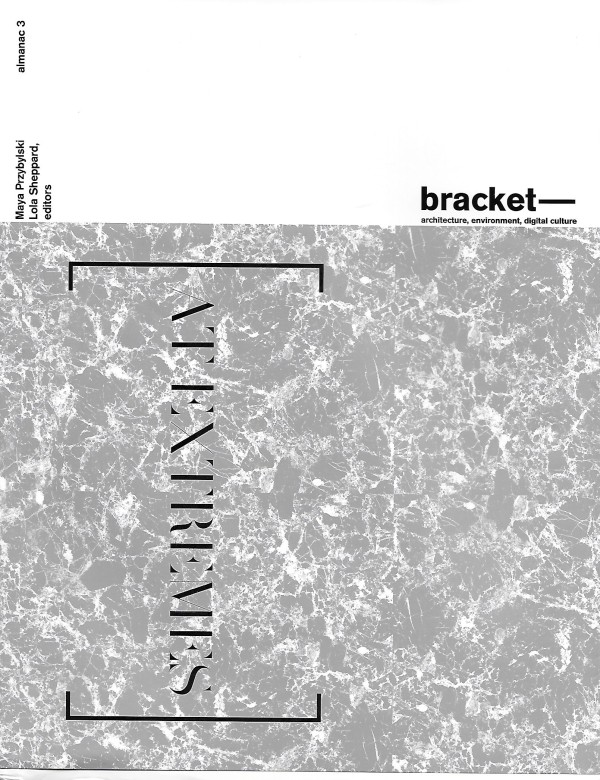
A Man a Tree and and Ax
Lola Sheppard and Maya Przybylski, eds., Bracket: At Extremes (Barcelona: Actar). — November 1, 2016
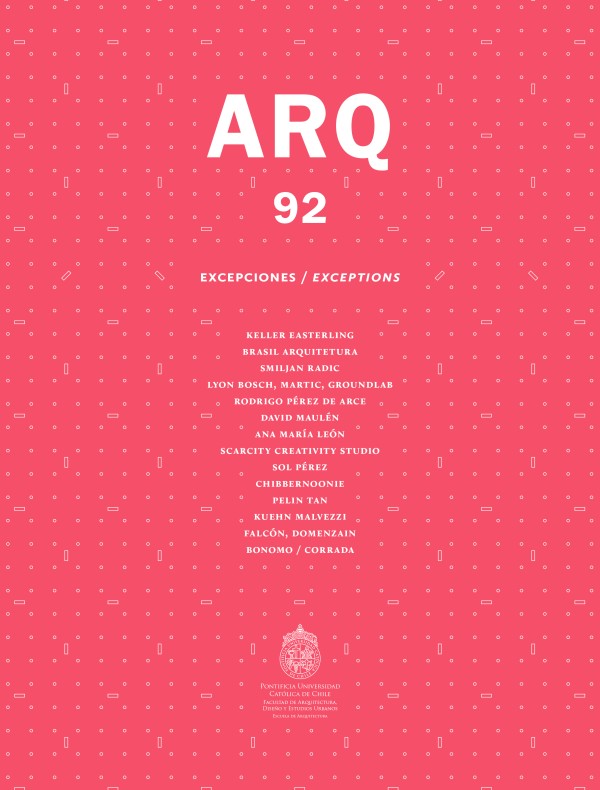
ARQ 92: Excepiones
April 1, 2016
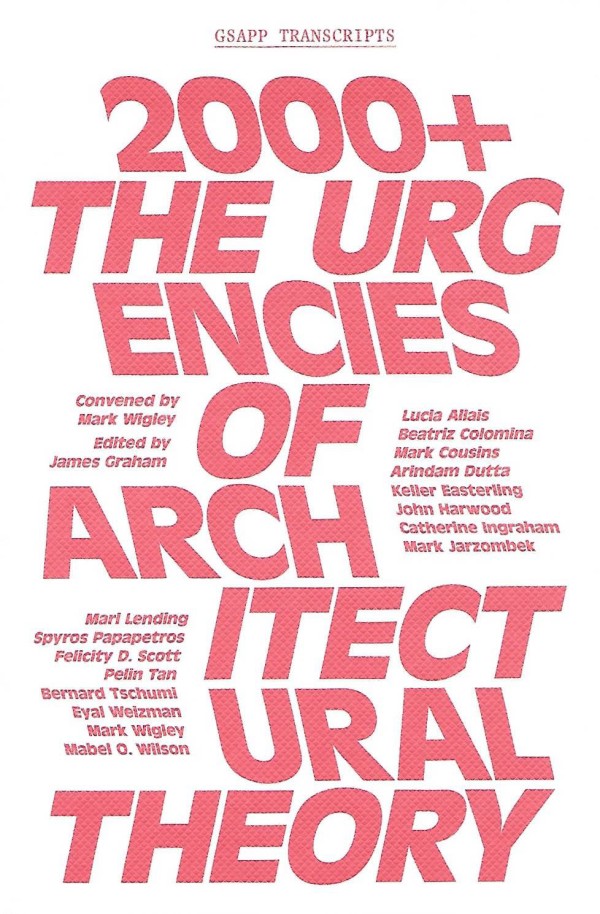
The Dispositions of Theory
James Graham, ed.,The Urgencies of Architectural Theory (New York, GSAPP Books) — 2015
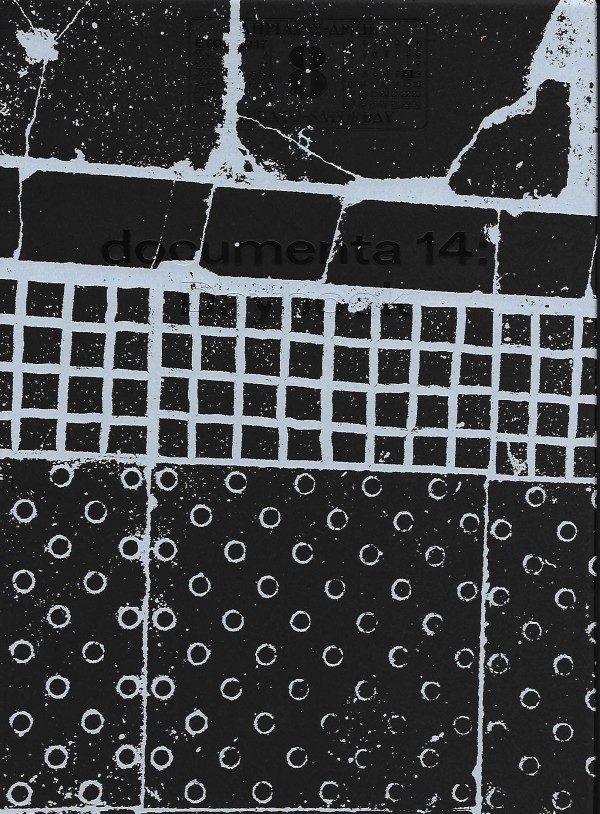
Documenta 14 Daybook
Documenta 14: Daybook, (Prestel, 2017) — July 1, 2017
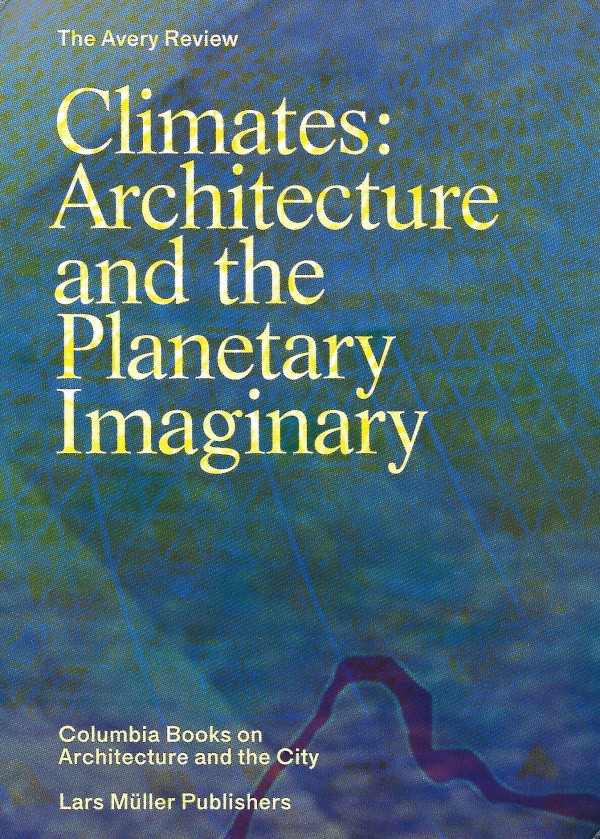
Encounters with Climate
“Encounters with Climate” in James D. Graham, ed., Climates: Architecture and the Planetary Imaginary (Columbia Books on Architecture and the City/Lars Muller Publishers, 2015). — 2016
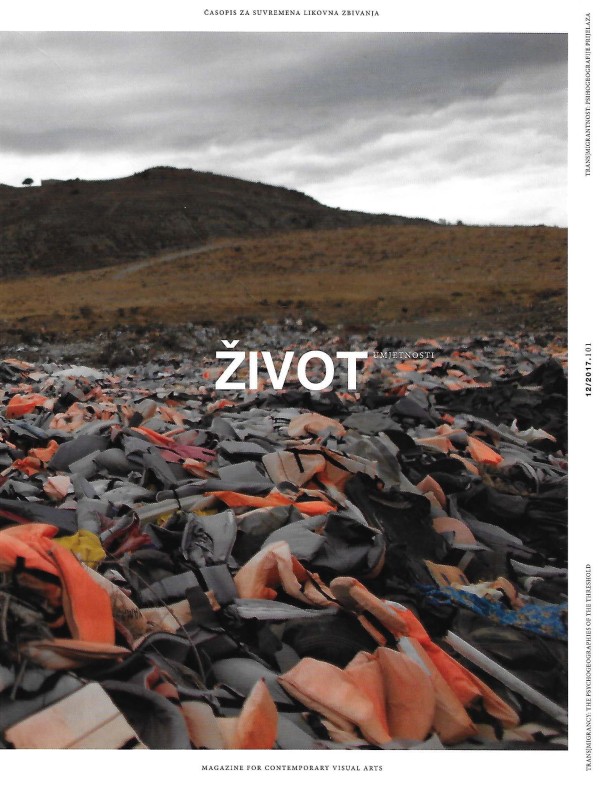
Everywhere
Zivot: Transmigrancy, 12/2017.101 — December 1, 2017
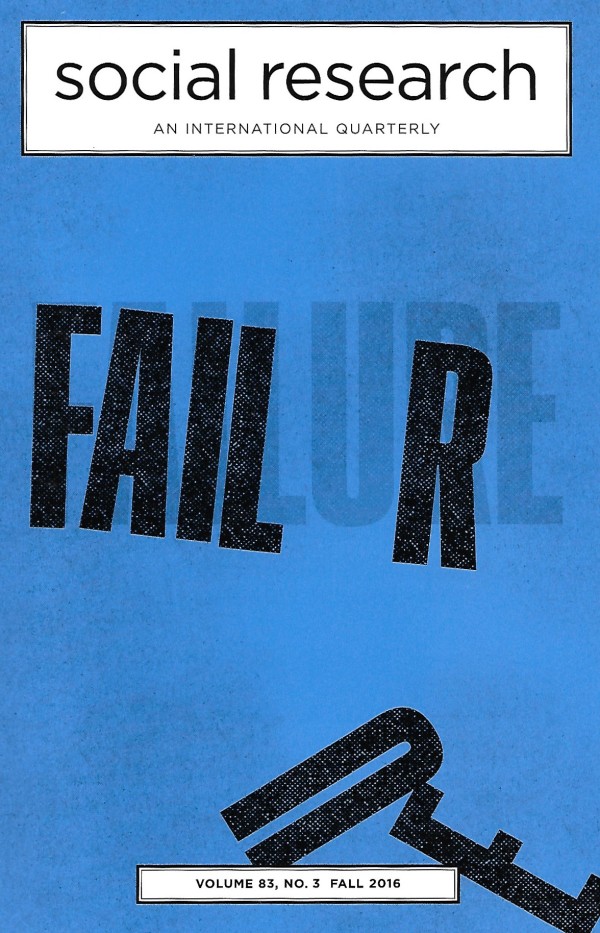
The Histories of Things That Don’t Happen and Shouldn’t Always Work
Arjun Appadurai and Arien Mack, eds., Failure: Social Research International Quarterly — September 1, 2016
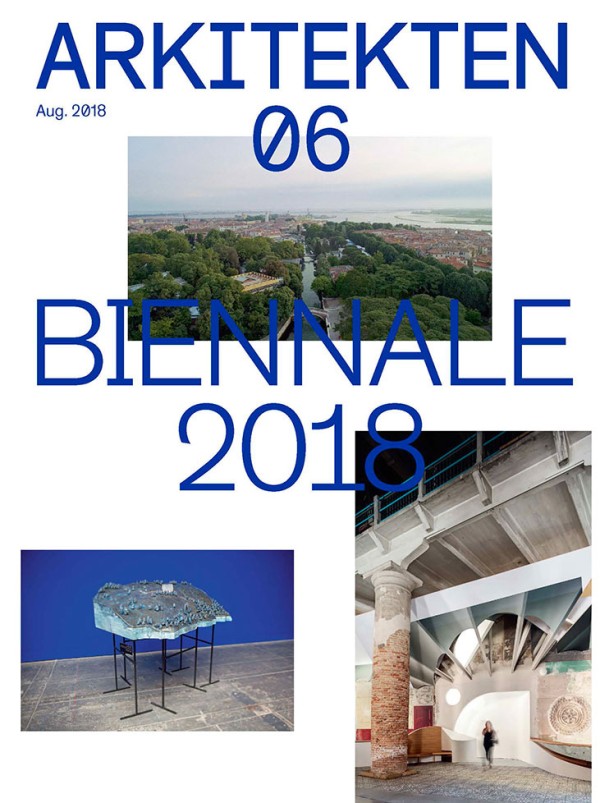
I Kan Beholde Jeres States_Borgerskab For Jer Selv
Arkitekten 06 — August 1, 2018
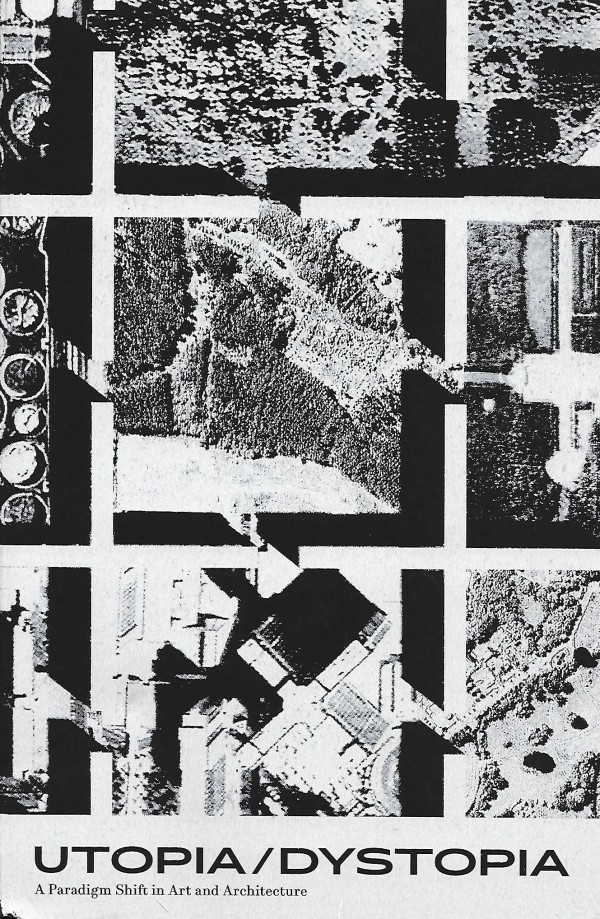
Impossible
Pedro Gadanho, Joao Laia and Susana Ventura, eds., Utopia/Dystopia: a Paradigm Shift in Art and Architecture — March 1, 2017

Infra-read: Interview by Jesse Seegers
Pin-Up — May 1, 2016
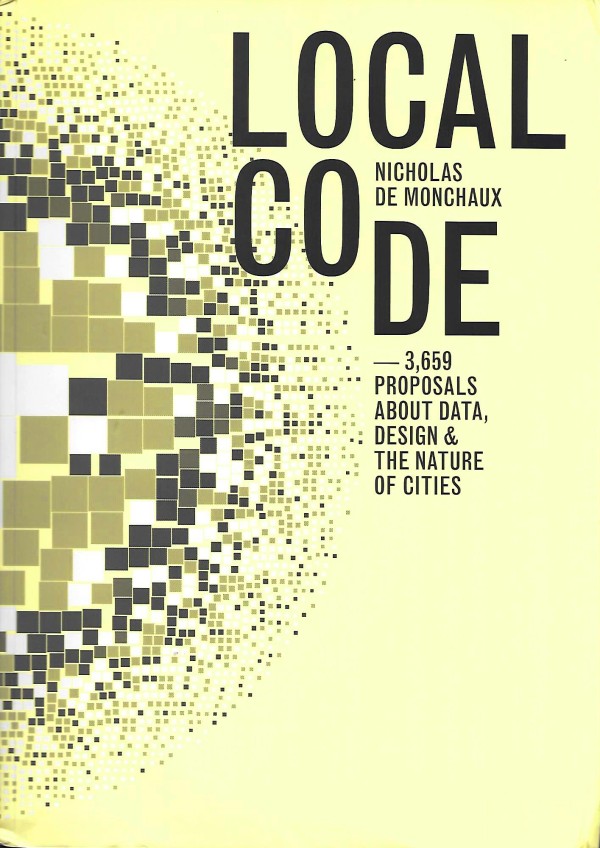
Foreword
Nicholas De Monchaux, Local Code: 3659 Proposals about Data, Design and the Nature of Cities, (PAP) — 2016
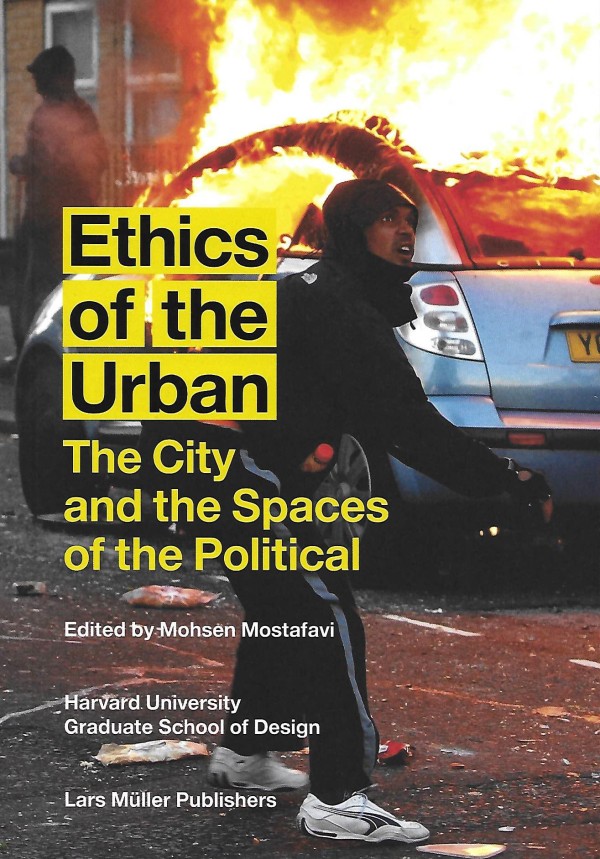
Matrix Space
Mohsen Mostafavi, Ethics of the Urban: The City and the Spaces of the Political (Harvard GSD, Lars Muller) — 2017
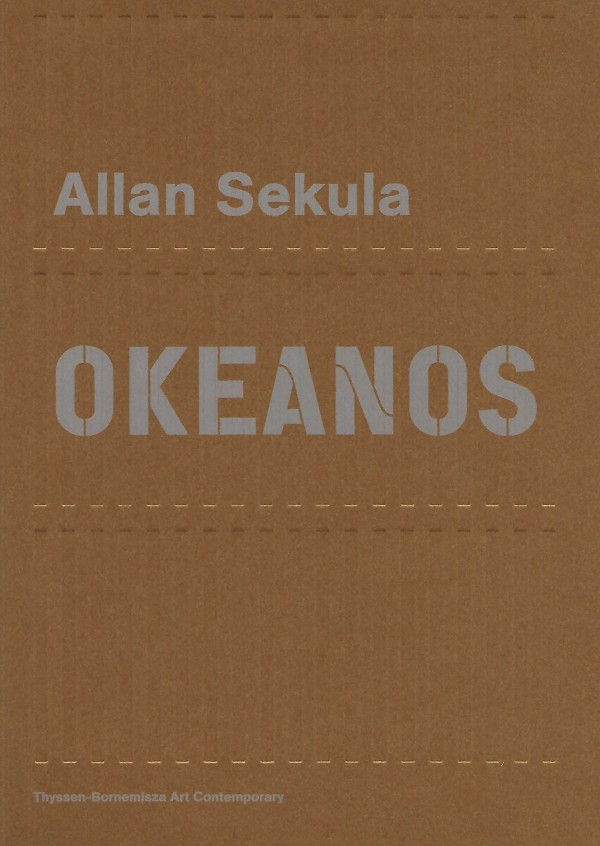
Park in Allan Sekula: Okeanos
Daniela Zyman and Cory Scozzari, Allan Sekula: Okeanos (Thyssen-Bornemisza Art Contemporary Sternberg Press, 2017) — July 1, 2017
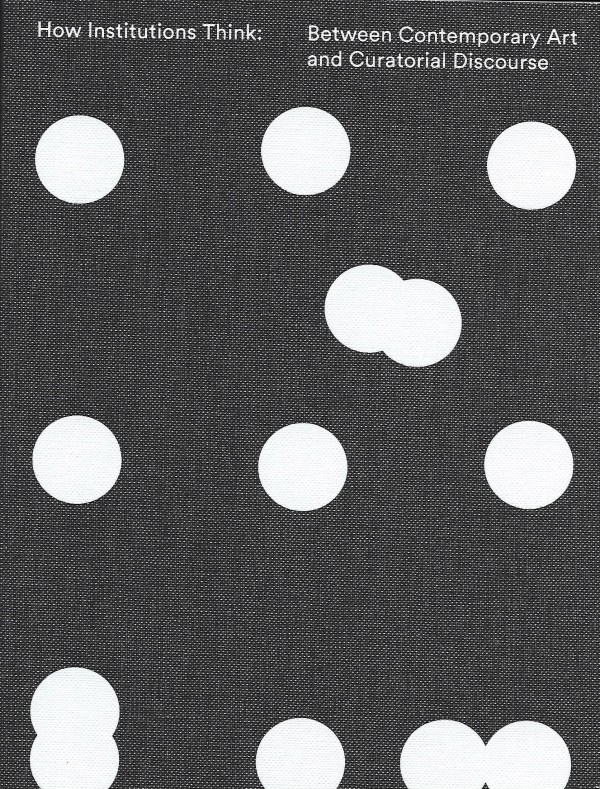
On Dispositions and Form Making: A Conversation Keller Easterling and Andrea Phillips
Paul O’Neill, Lucy Steeds and Mick Wilson, eds. How Institutions Think: Between Contemporary Art and Curatorial Discourse (MIT Press) — 2017

Review: Burdens of Linearity by Catherine Ingraham
Constructs — 2006
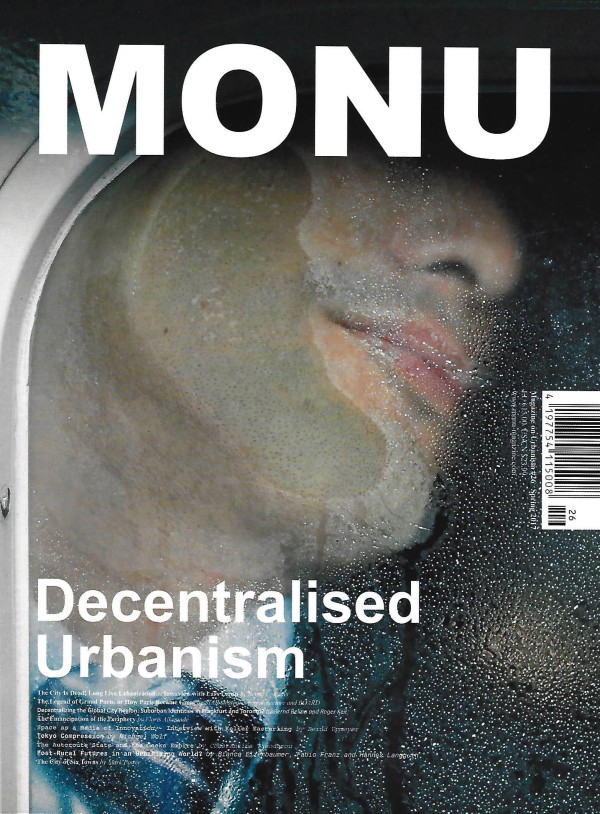
Space as a Medium of Innovation, Interview with Berndt Upmeyer
MONU: Magazine on Urbanism, #26, Spring 2017 — May 1, 2017
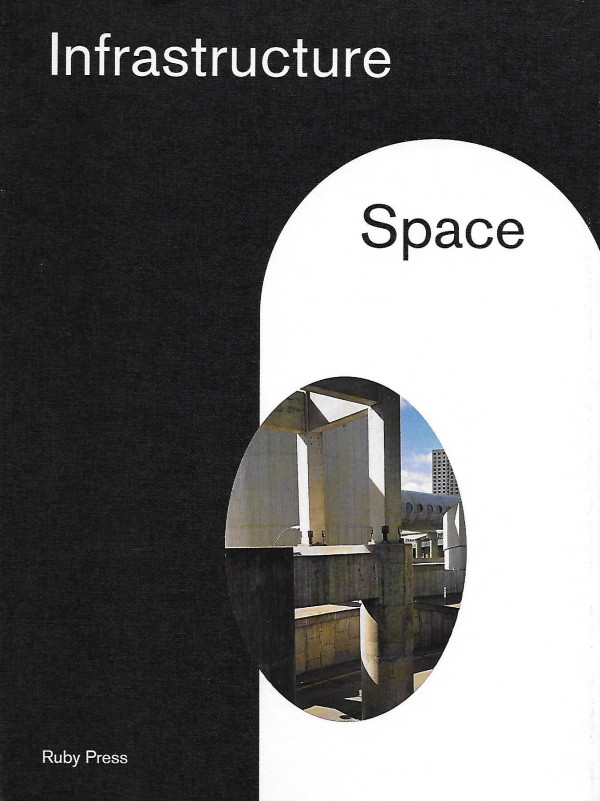
Split Screen
Ilke and Andreas Ruby, eds., Infrastructure Space, Holcim Foundation (Ruby Press). — 2016
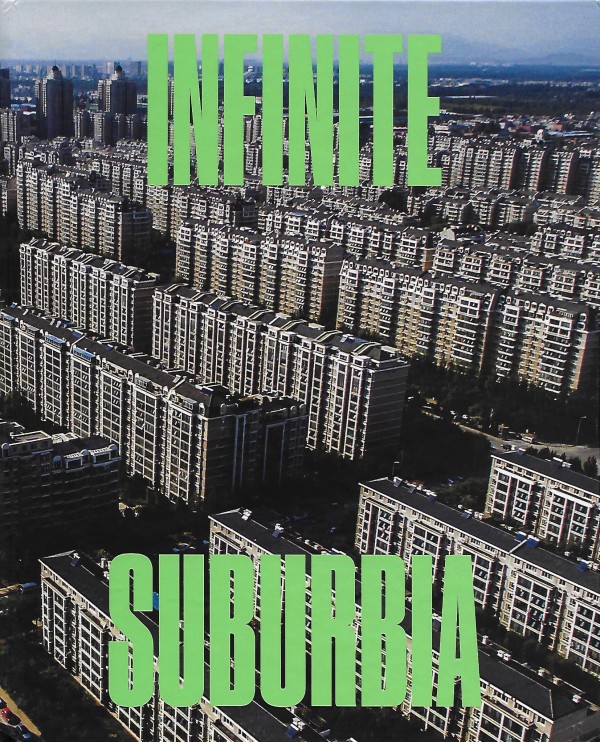
Subtracting the Suburbs
Infinite Suburbia, Alan Berger, Joel Kotkin, eds. (New York, PAP) — 2017
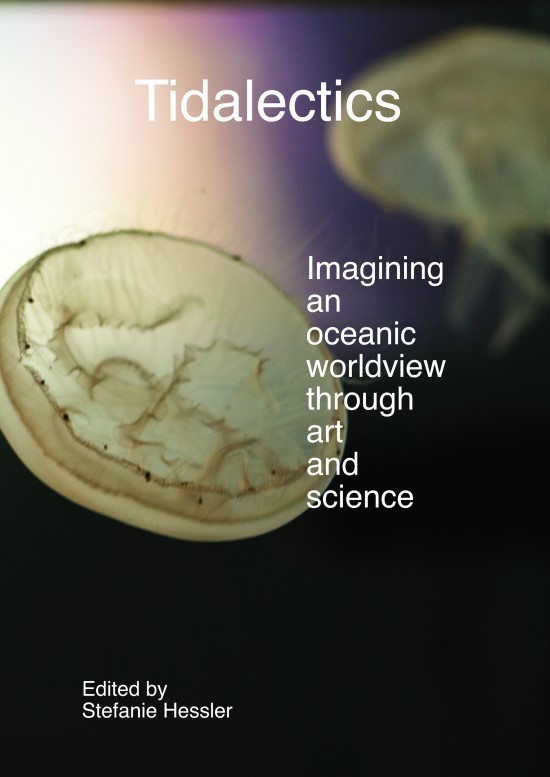
Suburbia in Reverse
Stephanie Hessler, ed. Tidaletics, MIT Press, 2018 — March 1, 2018
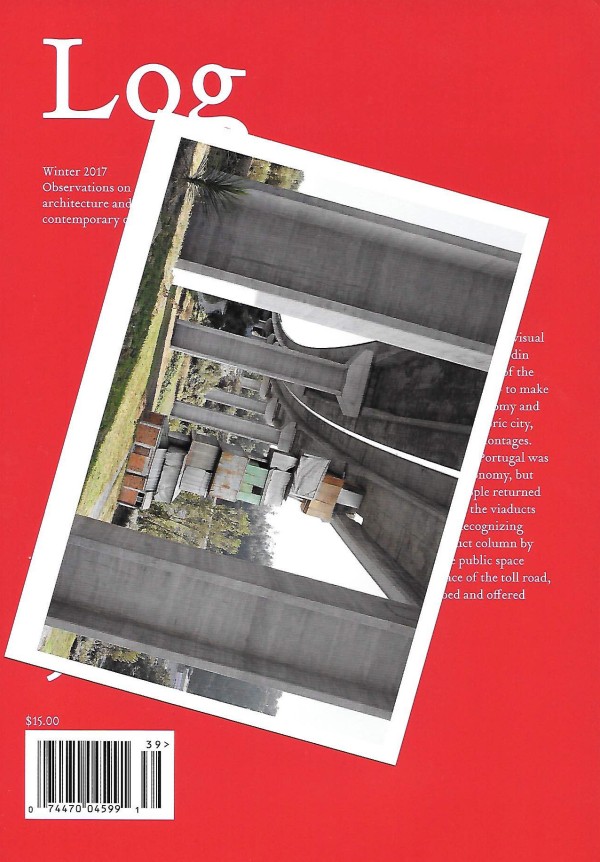
Superbug
Log 39 Spring 2017 — March 15, 2017

Terra Incognita
Unthought Environments — 2019
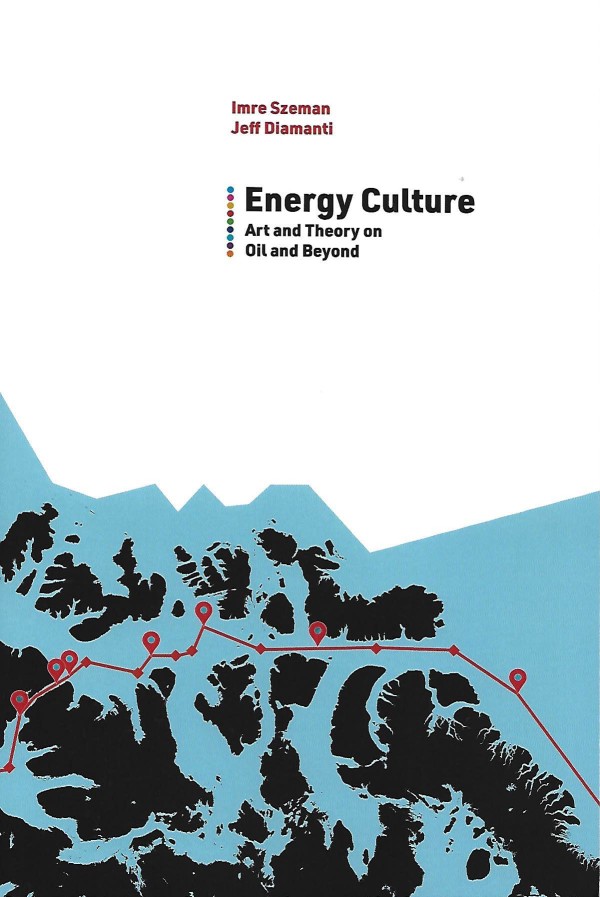
The Switch
Imre Szeman and Jeff Diamanti, eds., Energy Culture: Art and Theory on Oil and Beyond (West Virginia University Press). — 2019

Things That Don’t Always Work
Ryan Bishop, Kristoffer Gansing, Jussi Parikka and Elvia Wilk, eds., Across and Beyond—A Transmediale Reader on Post-digital Practices, Concepts, and Institutions — 2016
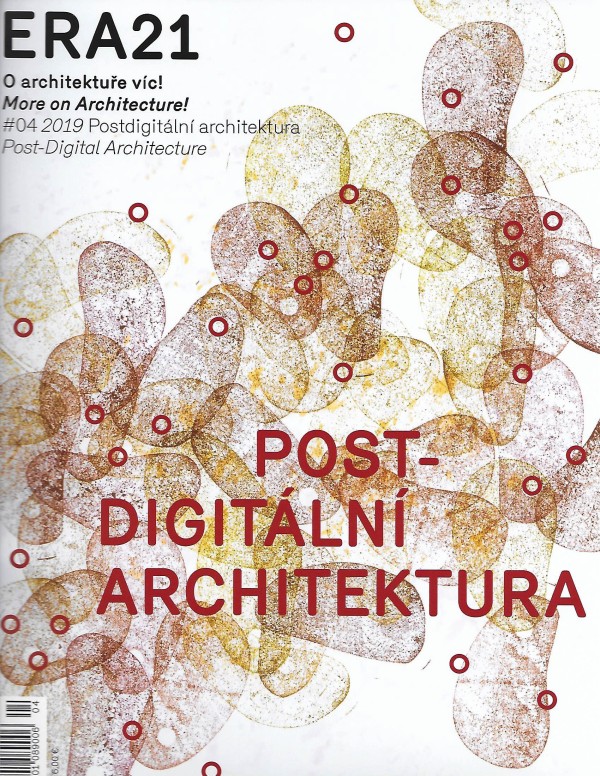
Things That Shouldn’t Always Work
ERA 21 Post Digitalni Architektura — 2019
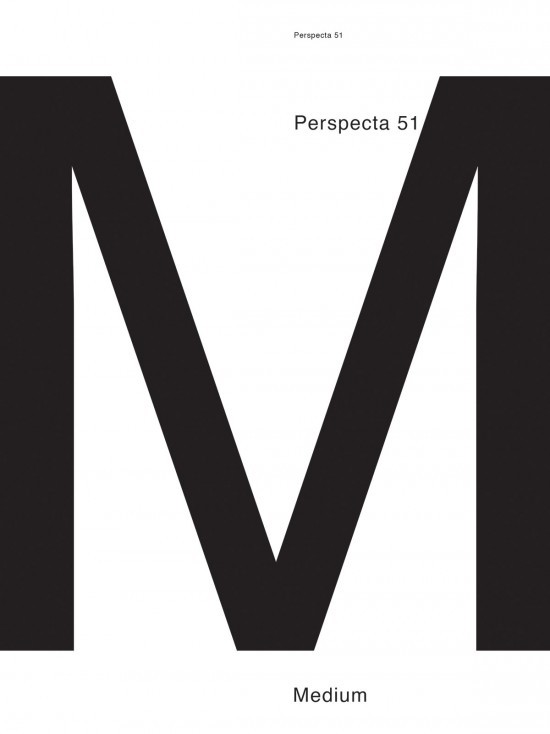
To Play Space
Perspecta 51: Medium — October 1, 2018
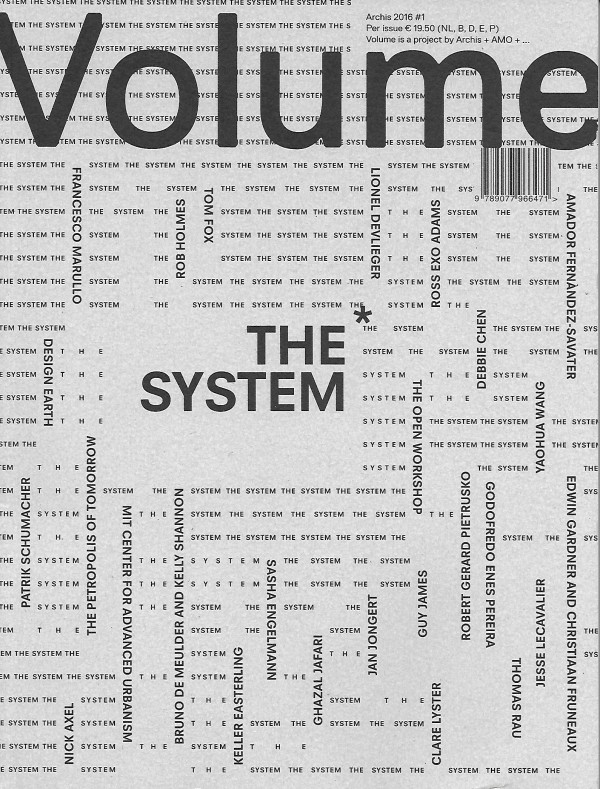
Protocols of Interplay
Volume: The System — April 1, 2016
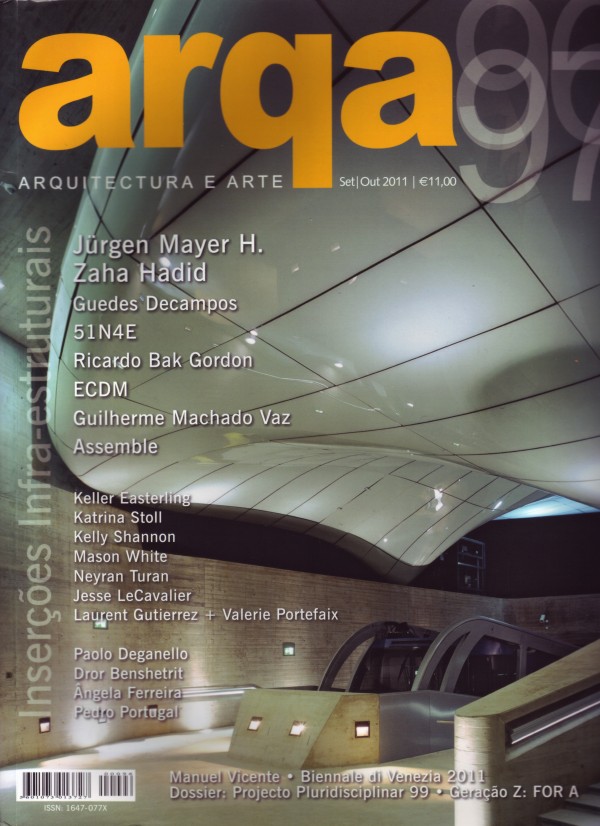
Interview
Arqa — 2011
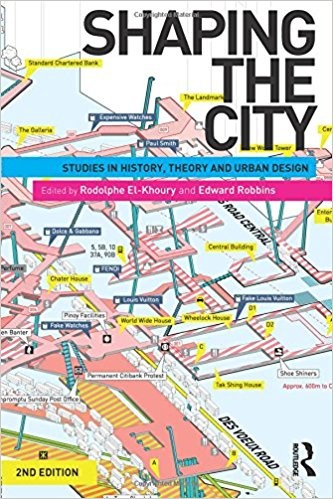
World City Doubles
Roldolphe El-Khoury and Edward Robbins, ed., Shaping the City: Studies in History, Theory and Urban Design (Routledge). — June 1, 2013
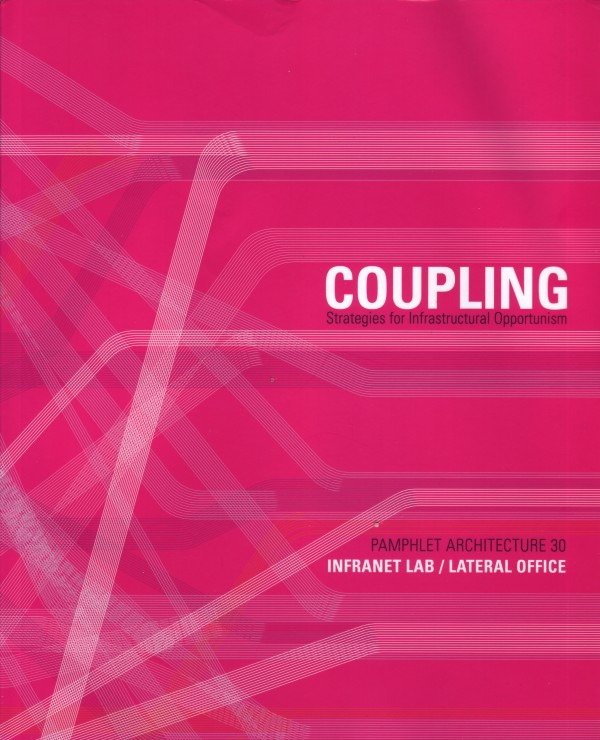
Fresh Fields
Coupling: Pamphlet Architecure 30 Infranet Lab/Lateral Office (New York: Princeton Architectural Press) — 2011
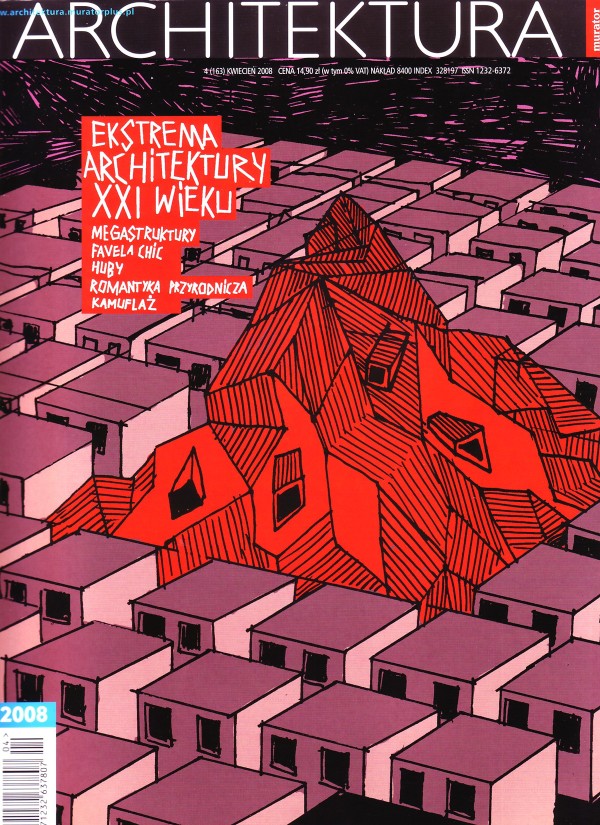
Megabuilding
Architektura 4, 163 (Kwiecien) — 2009
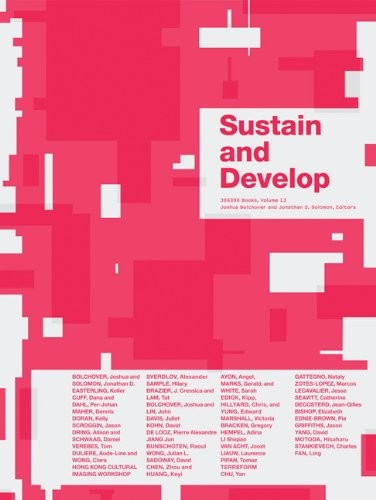
In the Briar Patch
Jonathan Solomon ed., Sustain and Develop 306090 Volume 13 (New York: 306090, Inc.) — 2009

Intermediate Points of Interest
Gaby Brainard, Rustam Mehta, and Thom Moran eds., Perspecta 41 Grand Tour — 2008
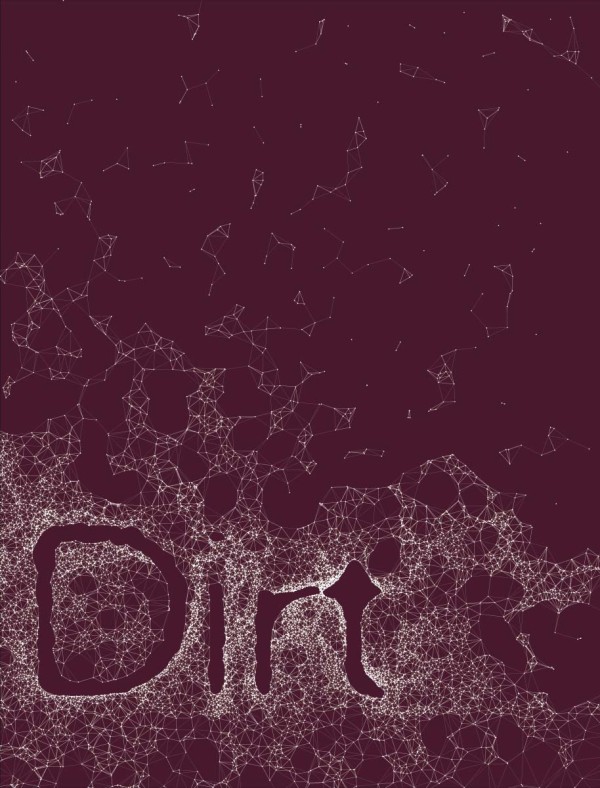
Rumor
Megan Born and Lily Jencks, eds, Via: Dirt, University of Pennsylvania — 2012
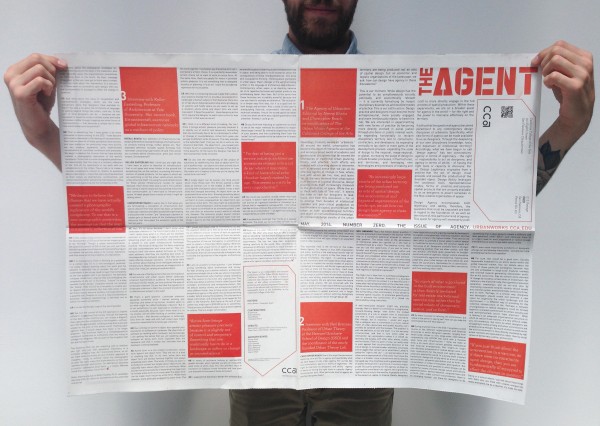
The Agent: Interview with Neeraj Bhatia
The Agent No. 0 — May 1, 2014
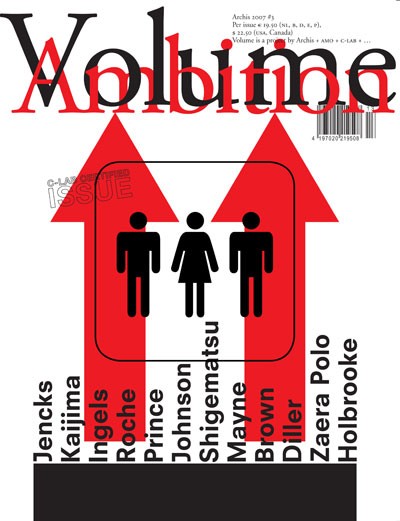
The Knowledge
Volume 13: Ambition — 2007
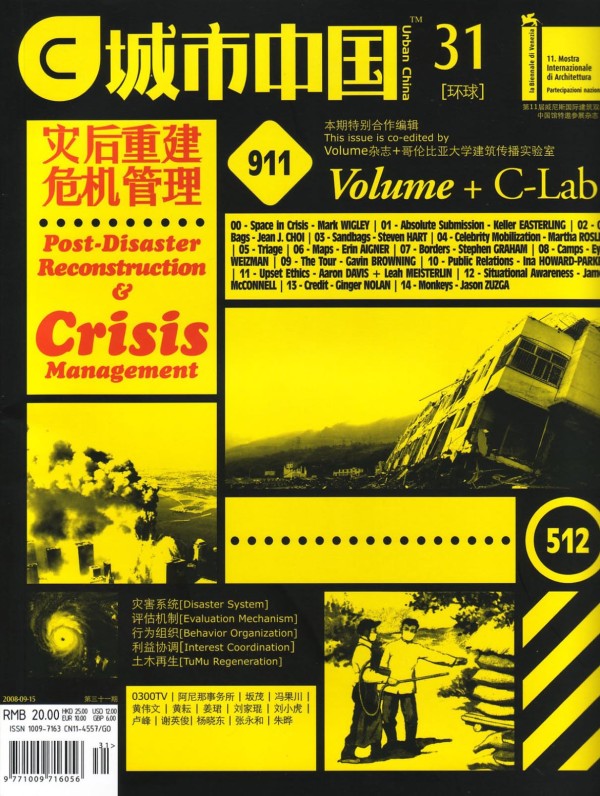
Absolute Submission
Crisis, a collaboration of C-Lab and Urban China — September 15, 2008
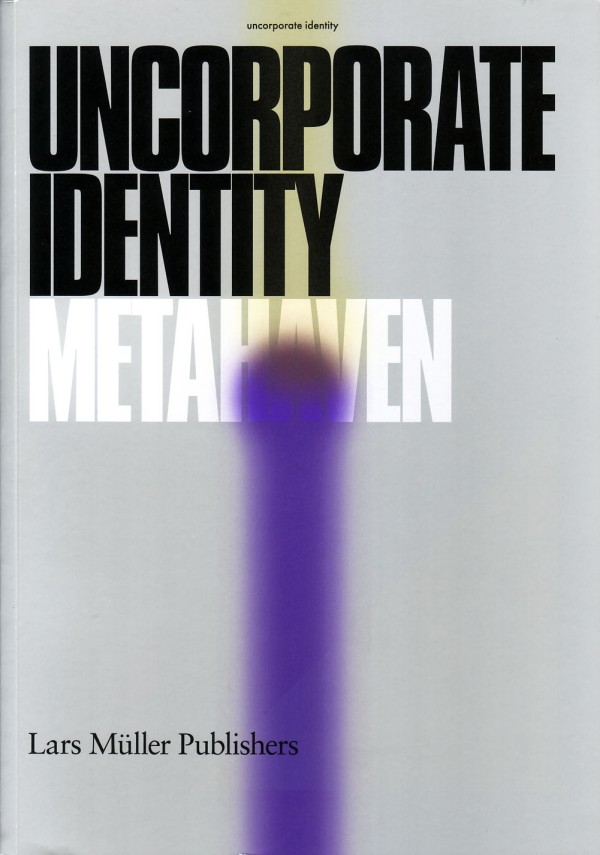
Come to Things
Metahaven and Marina Vishmidt, eds., Uncorporate Identity (Zürich: Lars Müller) — 2010
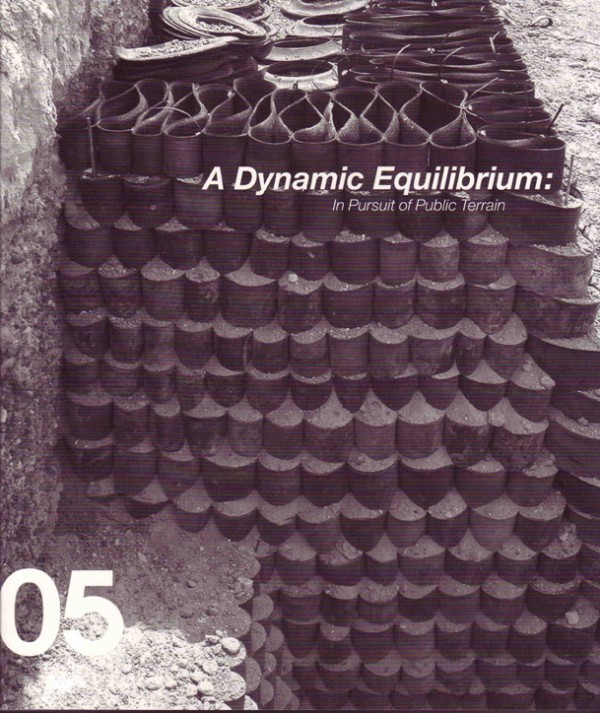
Disposition: In_site
In_Site: A Dynamic Equilibrium, In_Site 05 (Friessen) — 2007
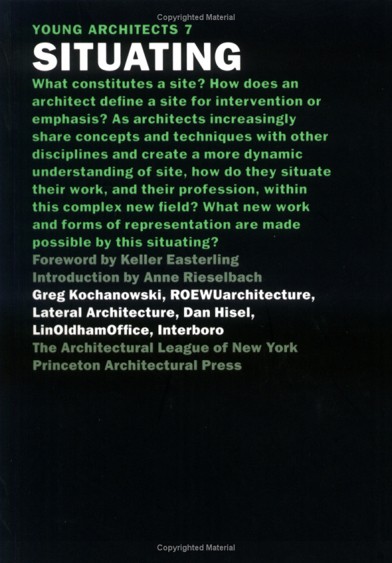
Foreword
Young Architects 7: Situating, catalog of Architectural League's Young Architects competition and exhibition (New York: Princeton Architectural Press) — 2006
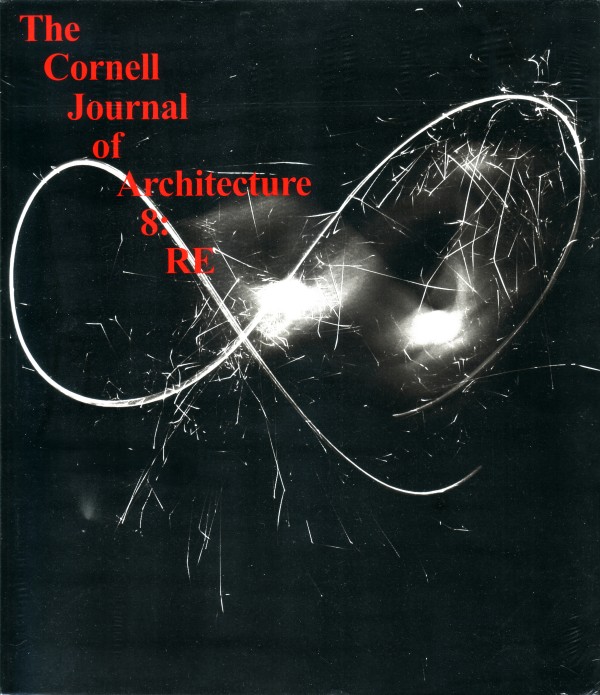
Pandas: A Rehearsal
Cornell Journal of Architecture — 2011
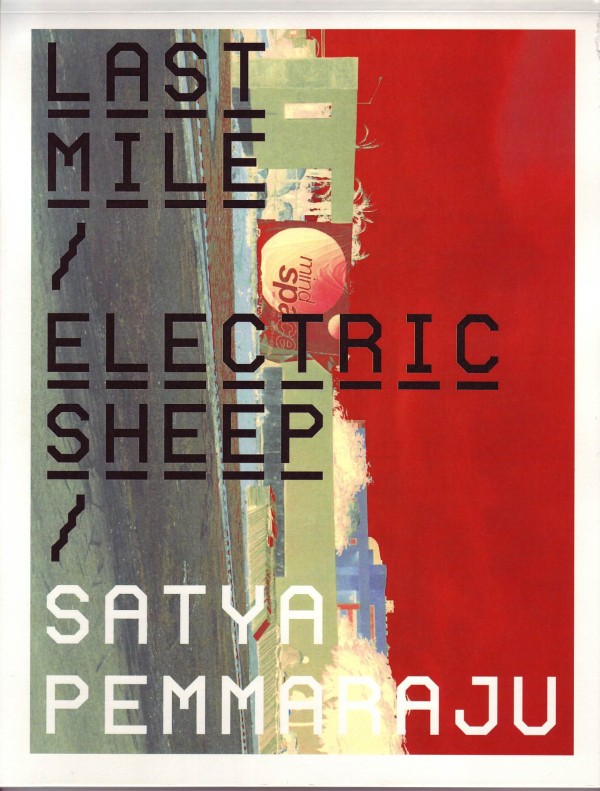
Other Aggressions and Maneuvers
The Last Mile, photography catalog Satya Pemmaraju (Gallery SKE) — 2007
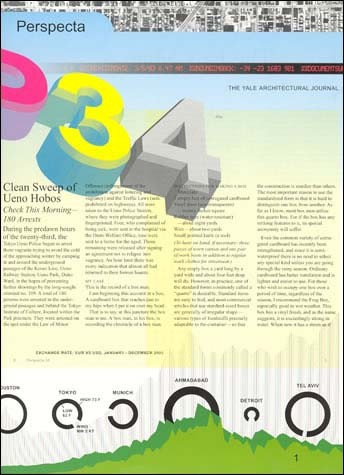
Subtraction
Perspecta 34: Temporary Architecture (MIT Press) — 2003
A-Ware
Journal of Architectural Education, special digital issue — January 1, 2002
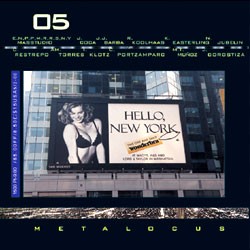
Wildcards: a Game of Orgman
Metalocus 5 — 2000
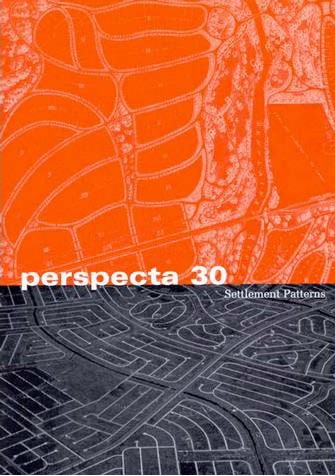
Interchange and Container: The New Orgman
Perspecta 30 Settlement Patterns — 1999
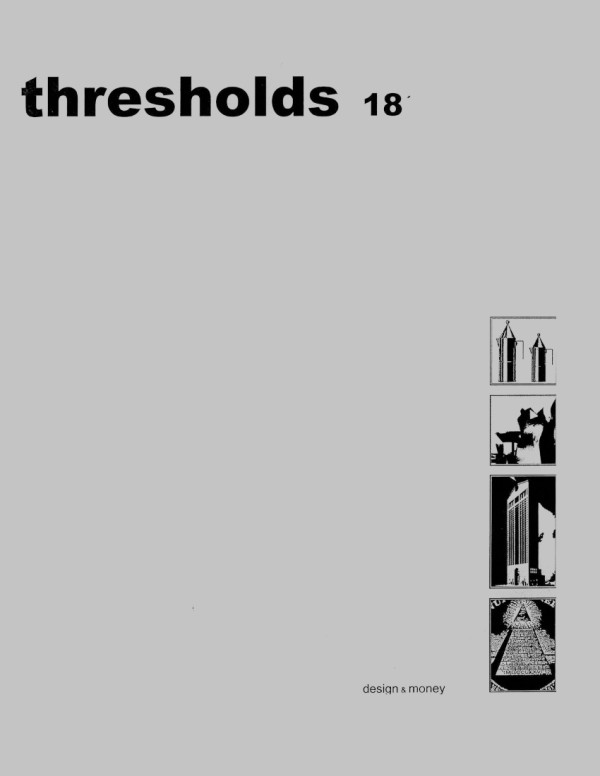
A Short Contemplation on Money and Comedy
Thresholds 18 (MIT) — 1999
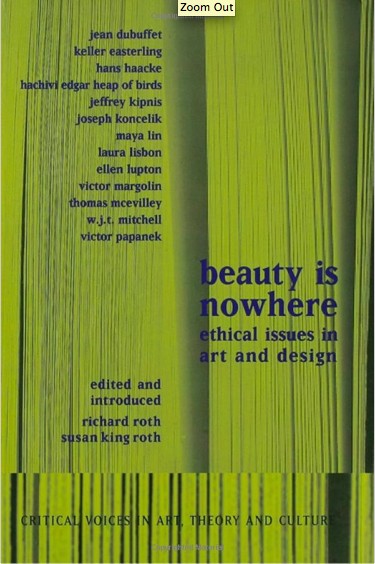
Distributive Protocols: Residential Formations
Beauty is Nowhere: Ethical Issues in Art and Design (Routledge) — 1998
American Town Plans excerpt
ANY — 1993
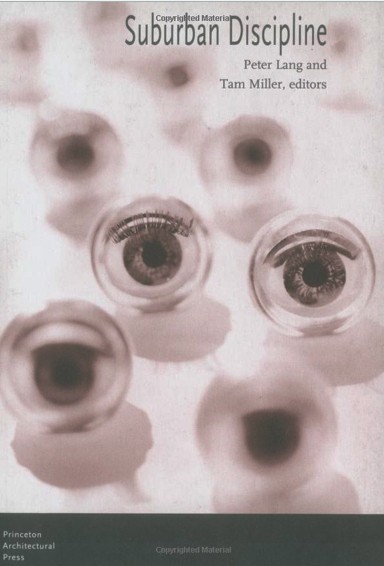
Siting Protocols
Peter Lang, ed., Suburban Discipline (Storefront Books) — 1997
Call it Home
Assemblage 24 — 1994
Perceiving Action
Offramp, SCI-ARC Journal, vol. 1, no. 5 — 1993
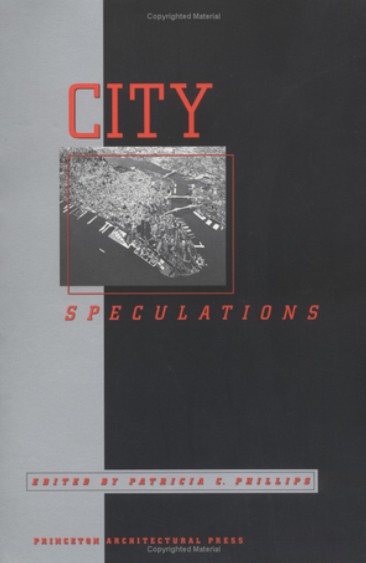
Switch
City Speculations (New York: Princeton Architectural Press) — 1996
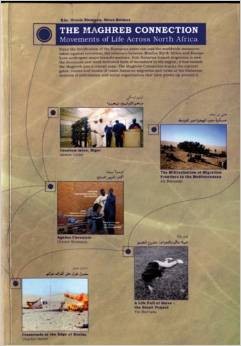
Non-statecraft
Maghreb Connection: Movements of Life Across North Africa (Barcelona: ACTAR) — 2007
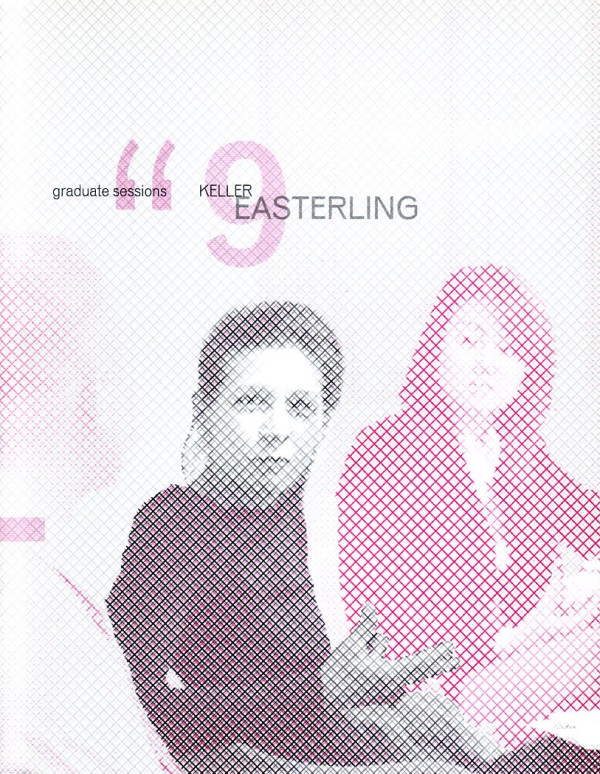
Graduate Sessions No. 9
Syracuse University — 2010
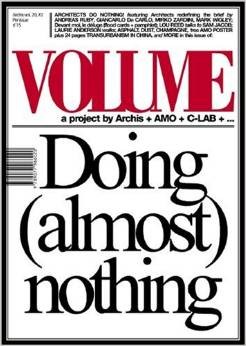
Not Everything
Volume 2: Not Everything — 2005

Without Claims to Purity
aX, vol. 1+2 (Winter) — 2008

Architect-at-Large
Volume 1 — 2005
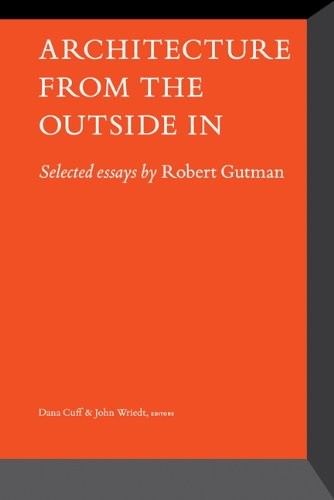
The Activist Entrepreneur
John Wriedt ed., Architecture: From the Outside In (New York: Princeton Architectural Press) — 2010
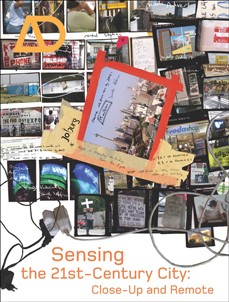
With Satellites: Remote Sending in South Asia and the Middle East
Brian McGrath and Grahame Shane eds., AD, Sensing the 21st Century: Close-up and Remote Vol. 75 No. 6 — 2005
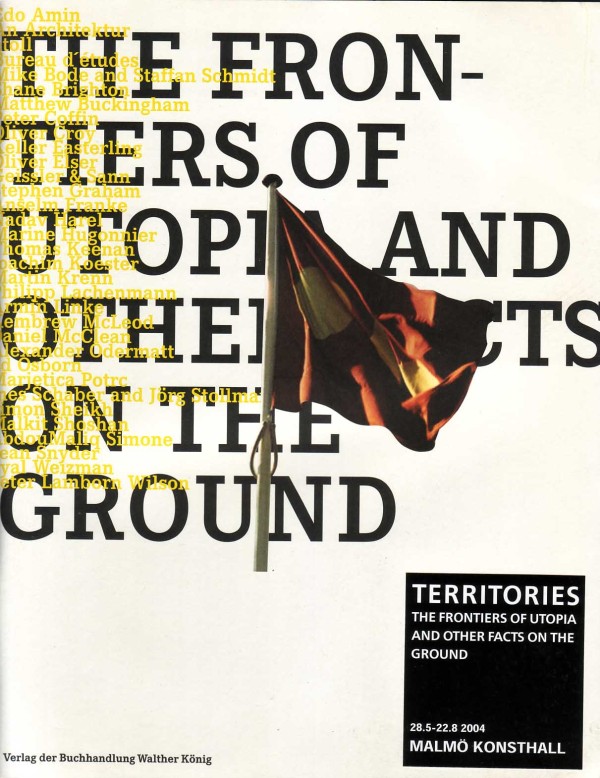
Offshore
Anselm Frank and Eyal Weizman, eds., Territories: the Frontiers of Utopia and Other Facts on the Ground (Berlin: Verlag der Buchhandlung Walther König) — 2004
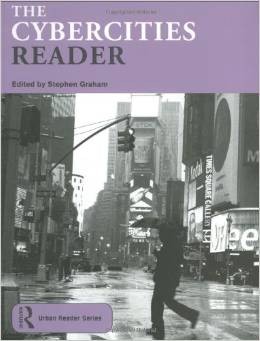
Orgman
Stephen Graham, ed., The Cybercities Reader (London: Routledge) — 2003
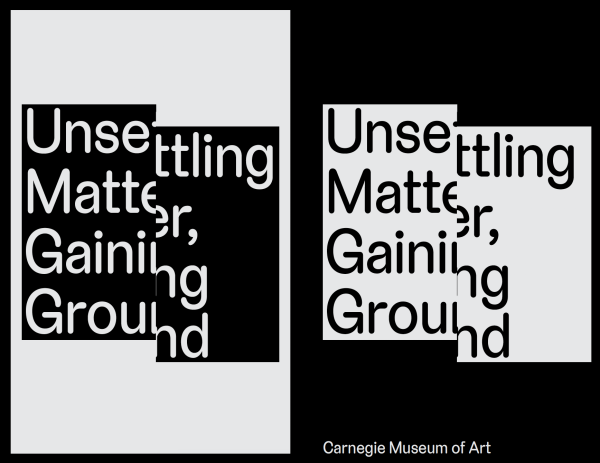
Unsettling Matter Gaining Ground, Dialogue with Imani Jacqueline Brown
Carnegie Museum of Art — October 5, 2023 – January 7, 2024

The Mix
forA: Frictions — March 1, 2024
